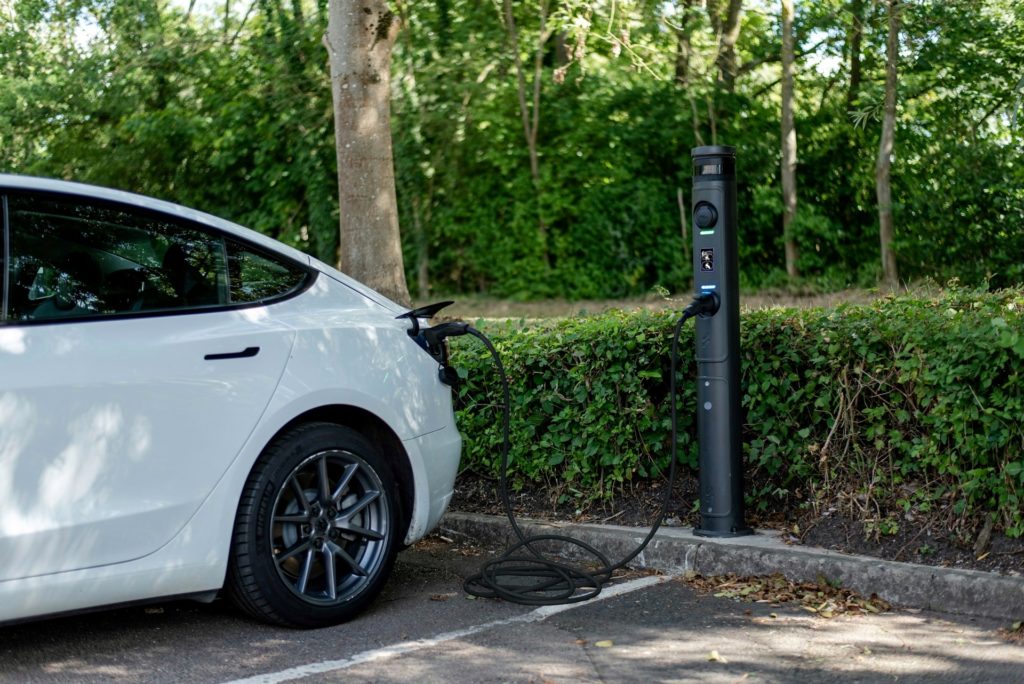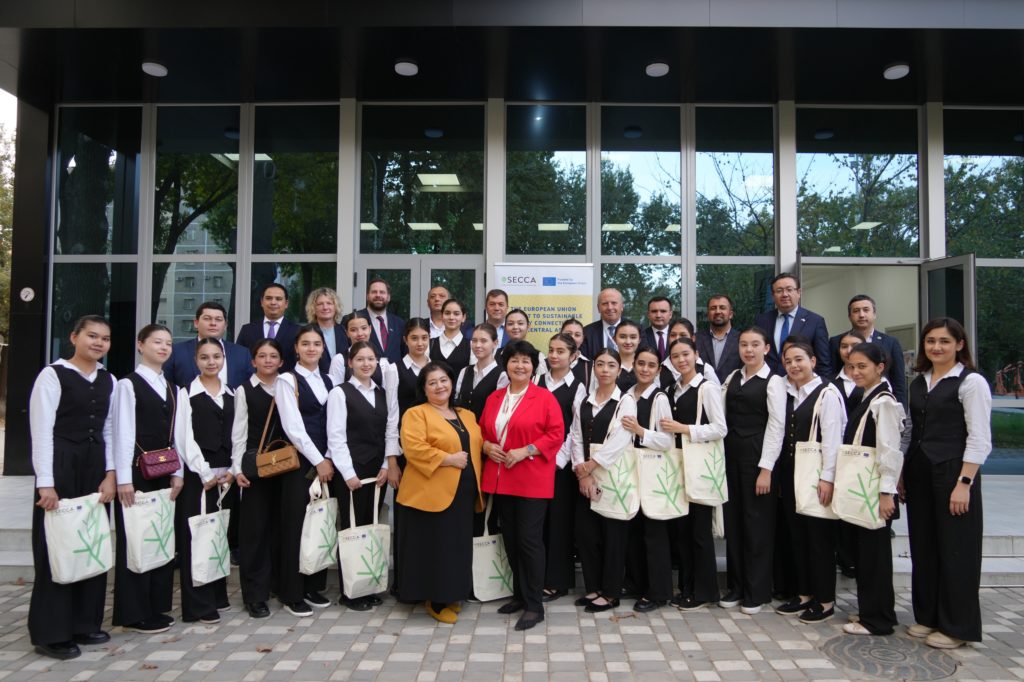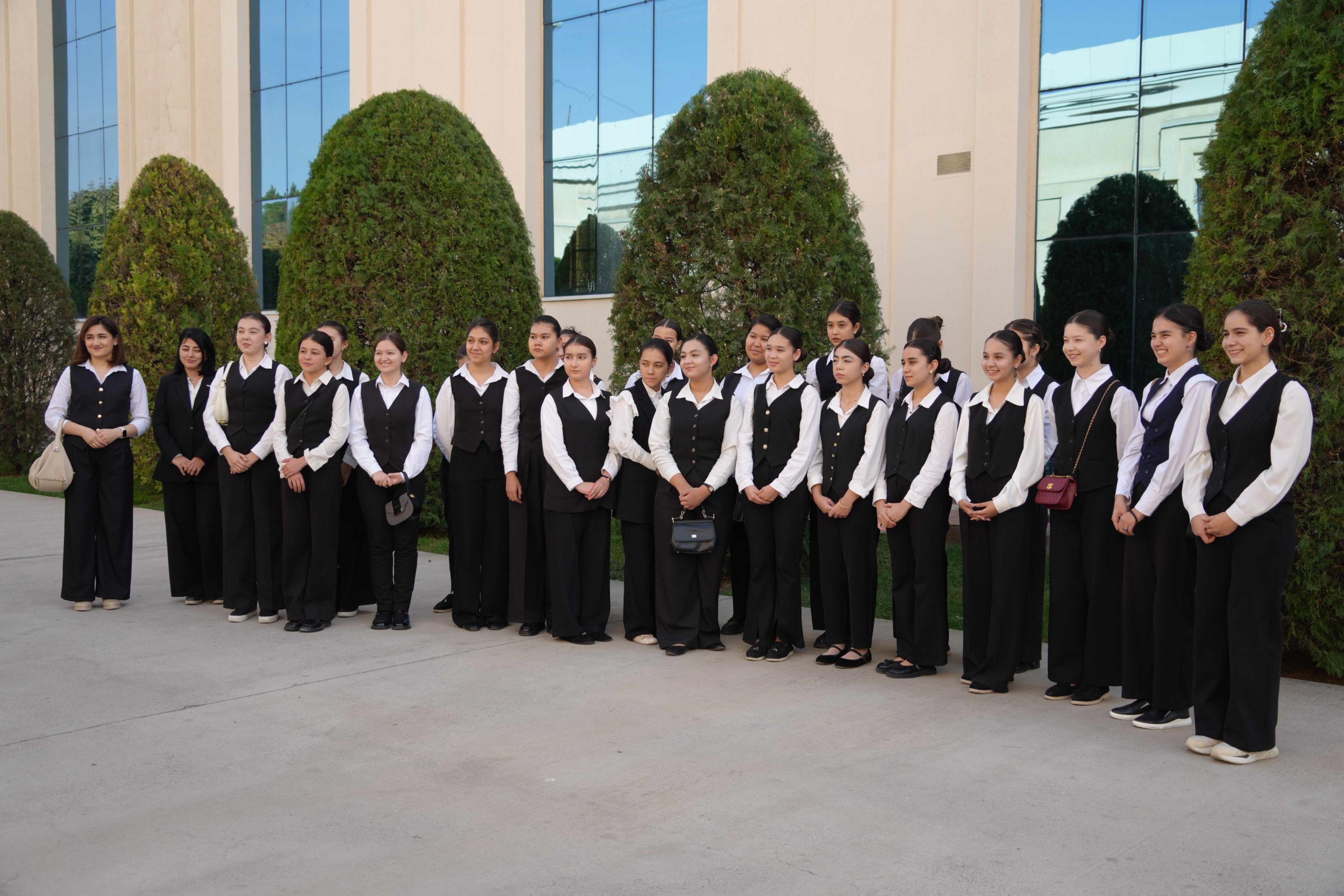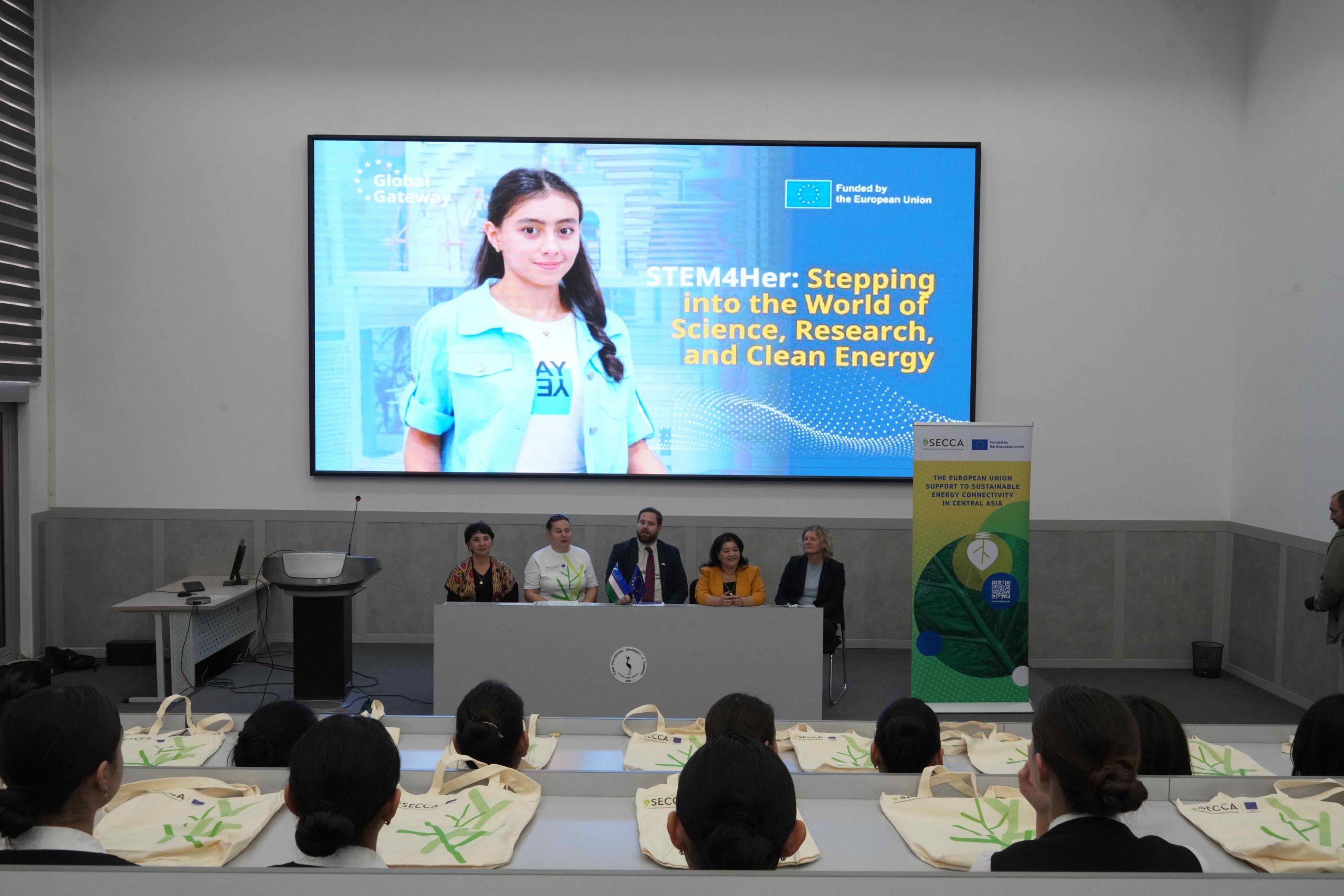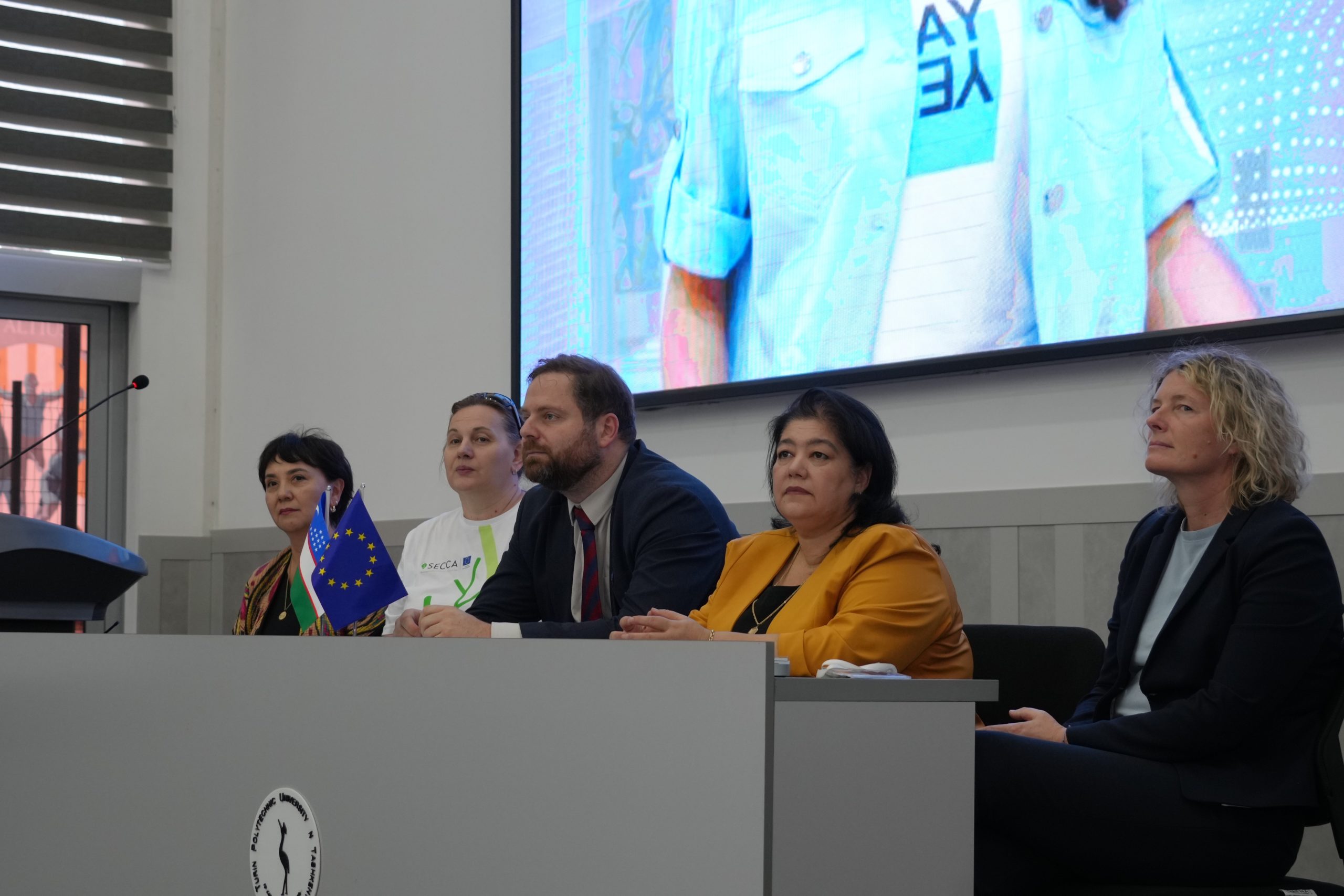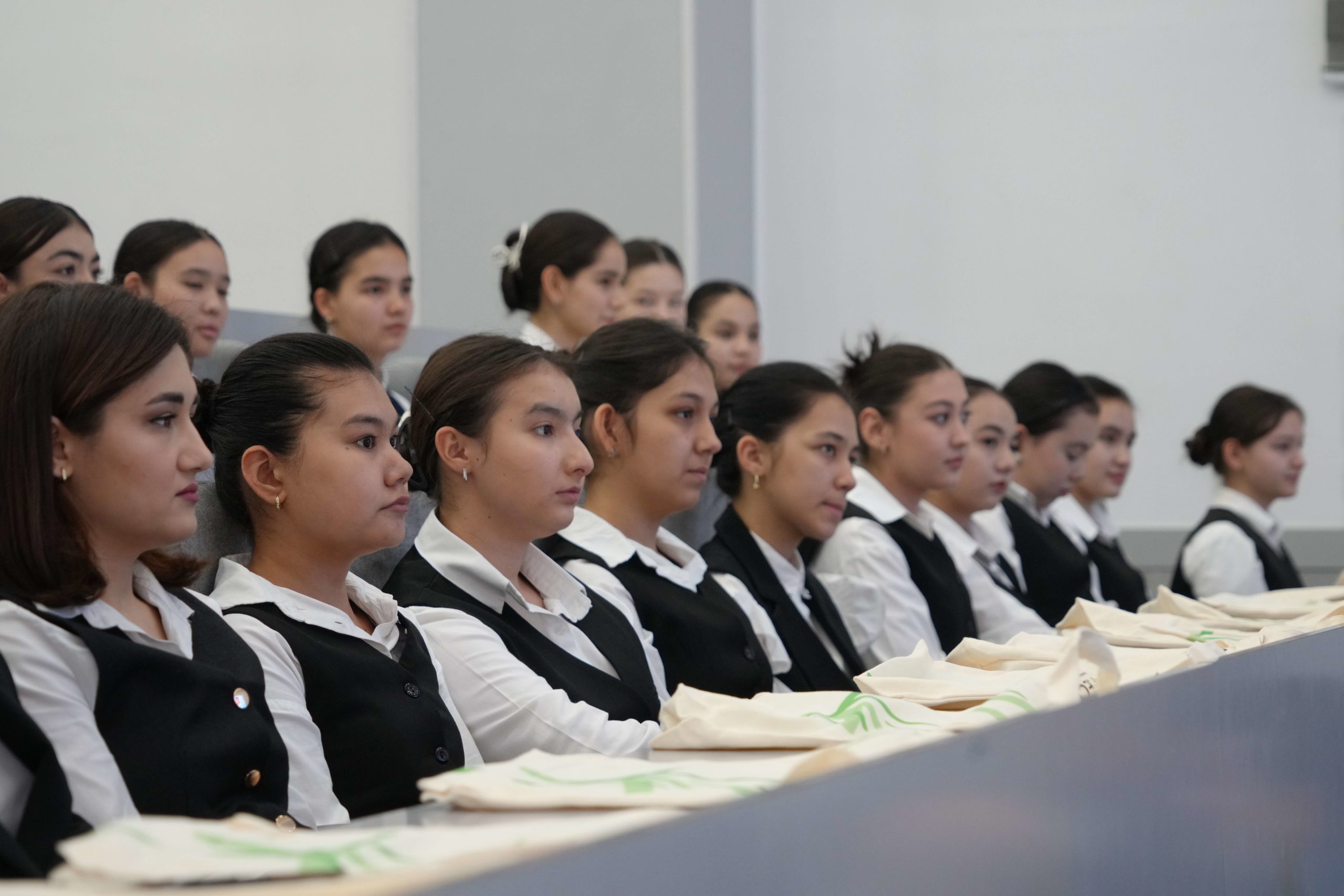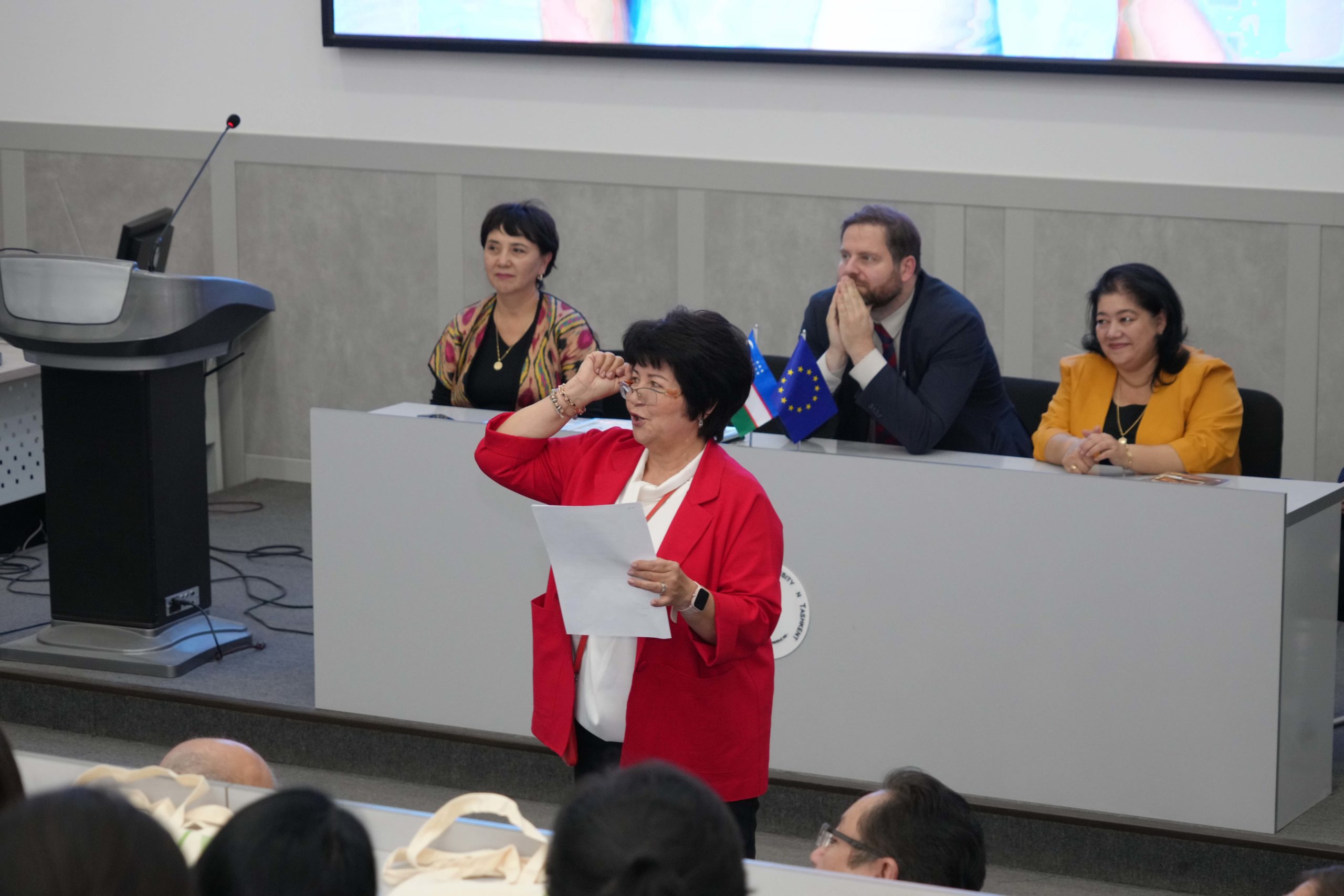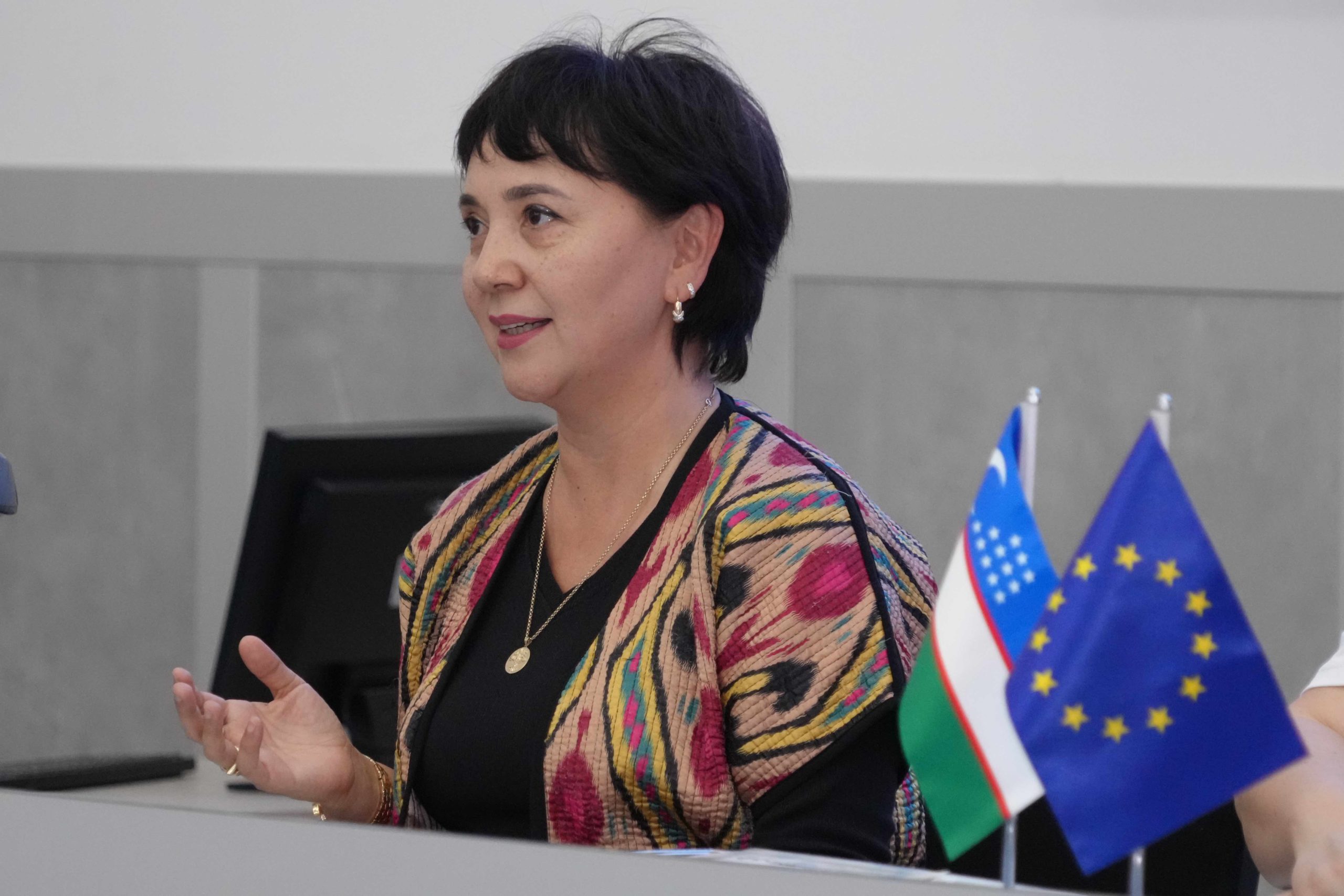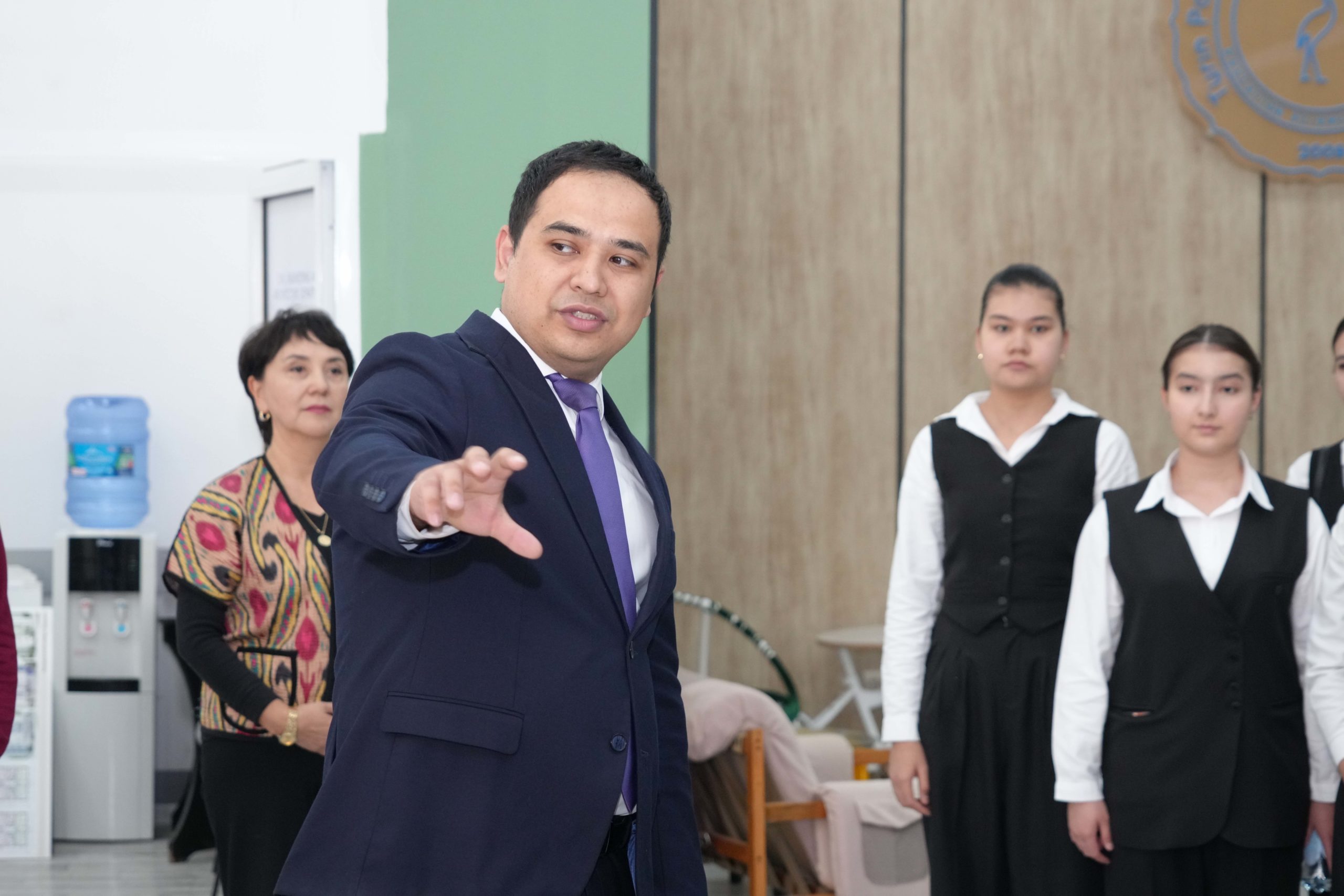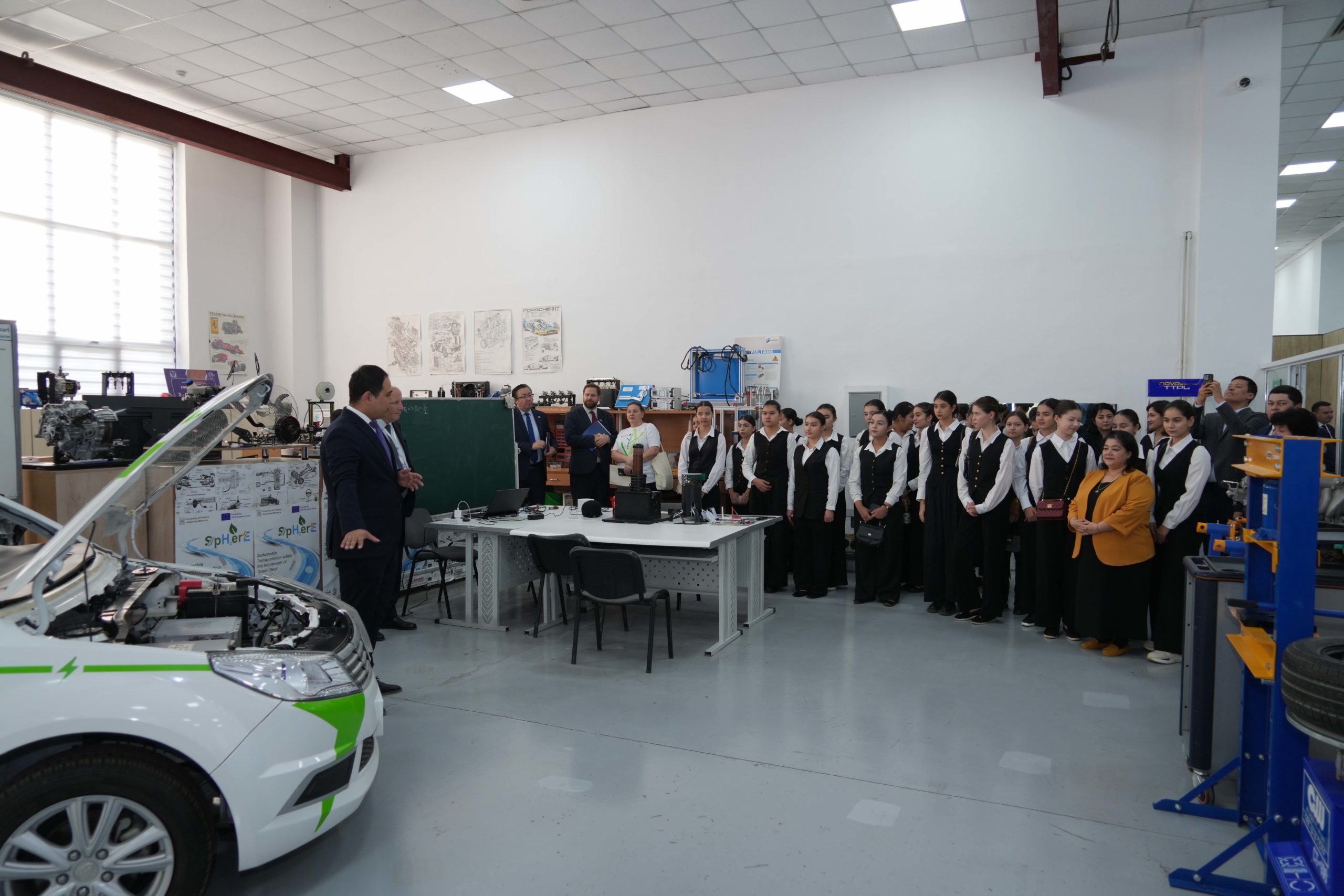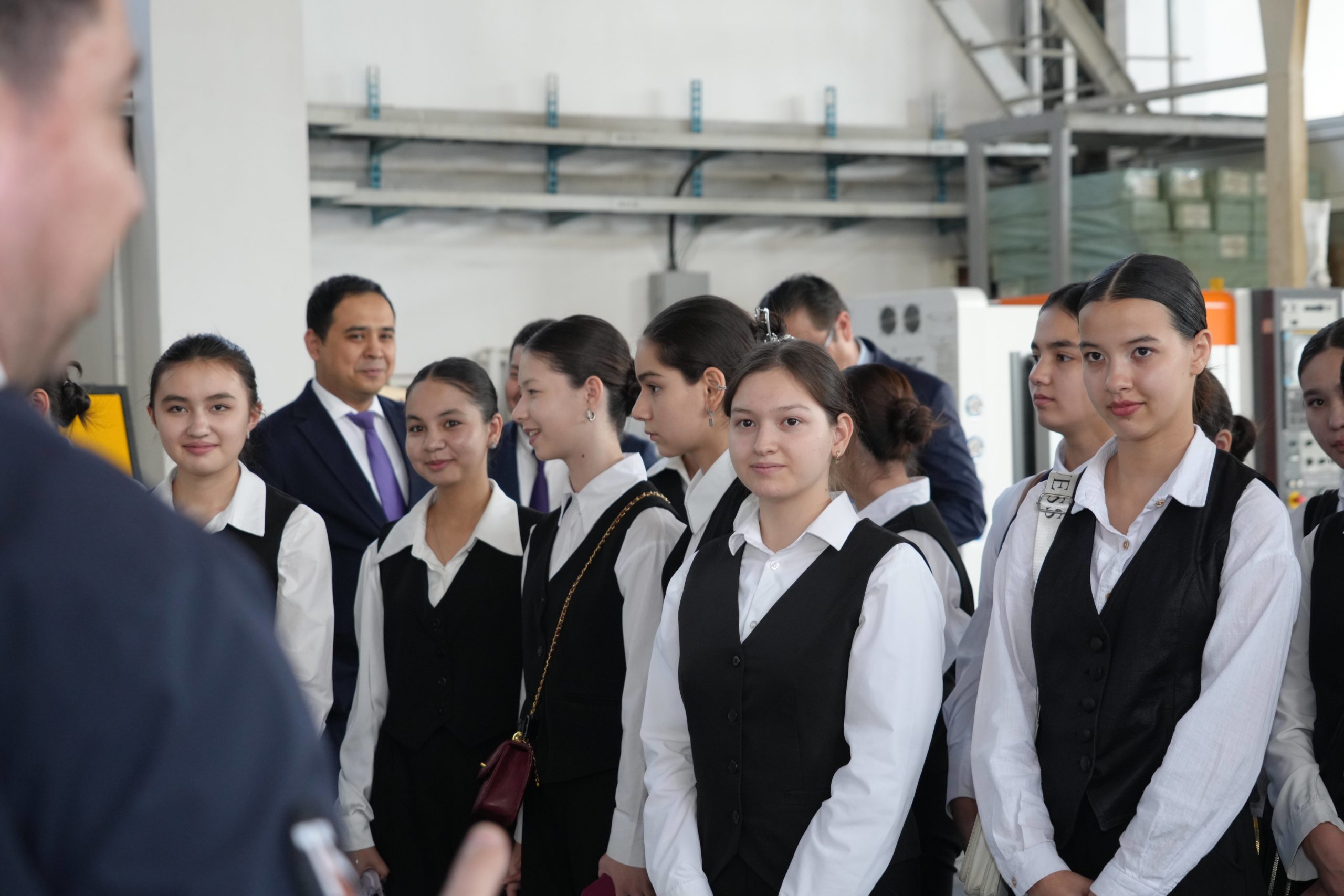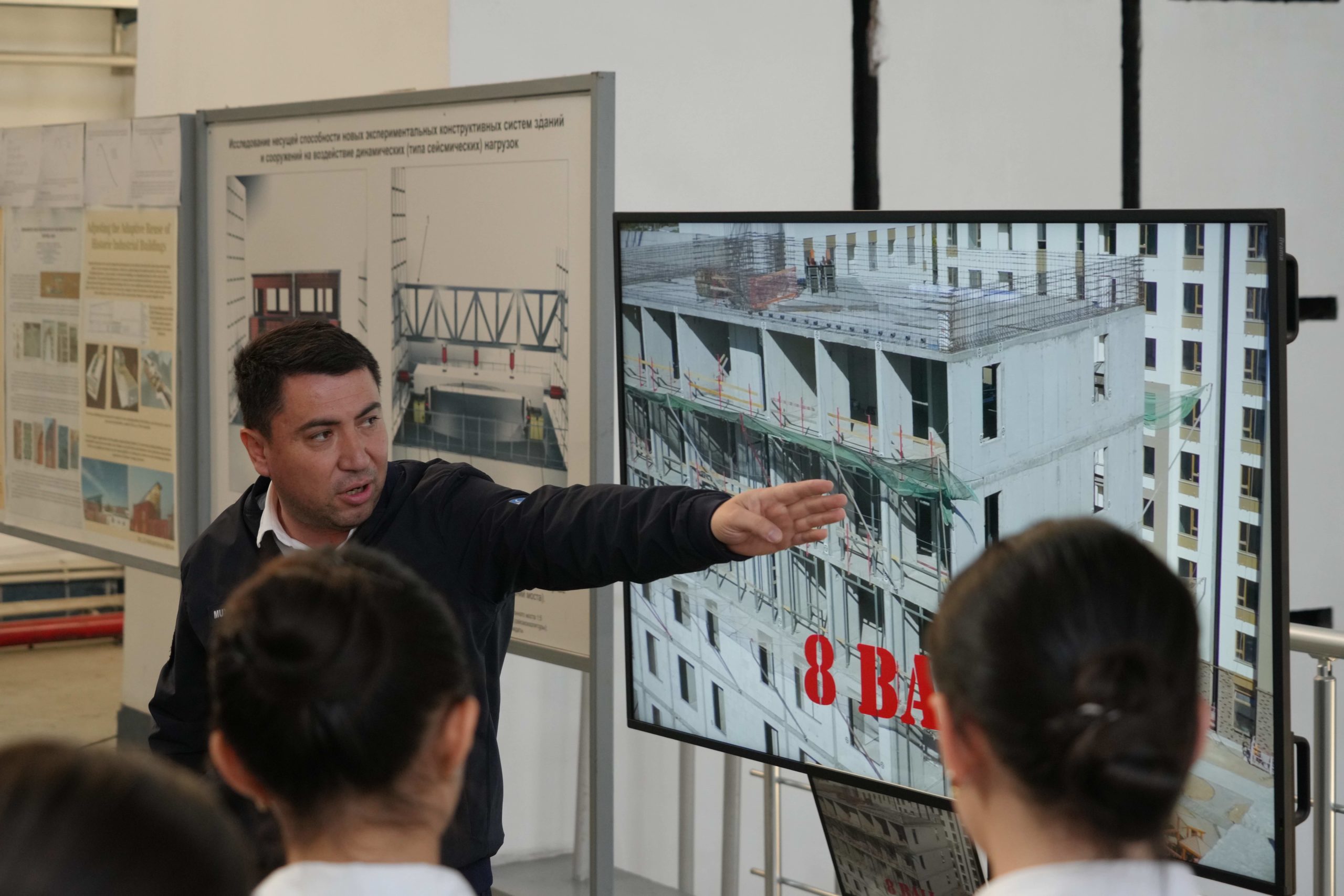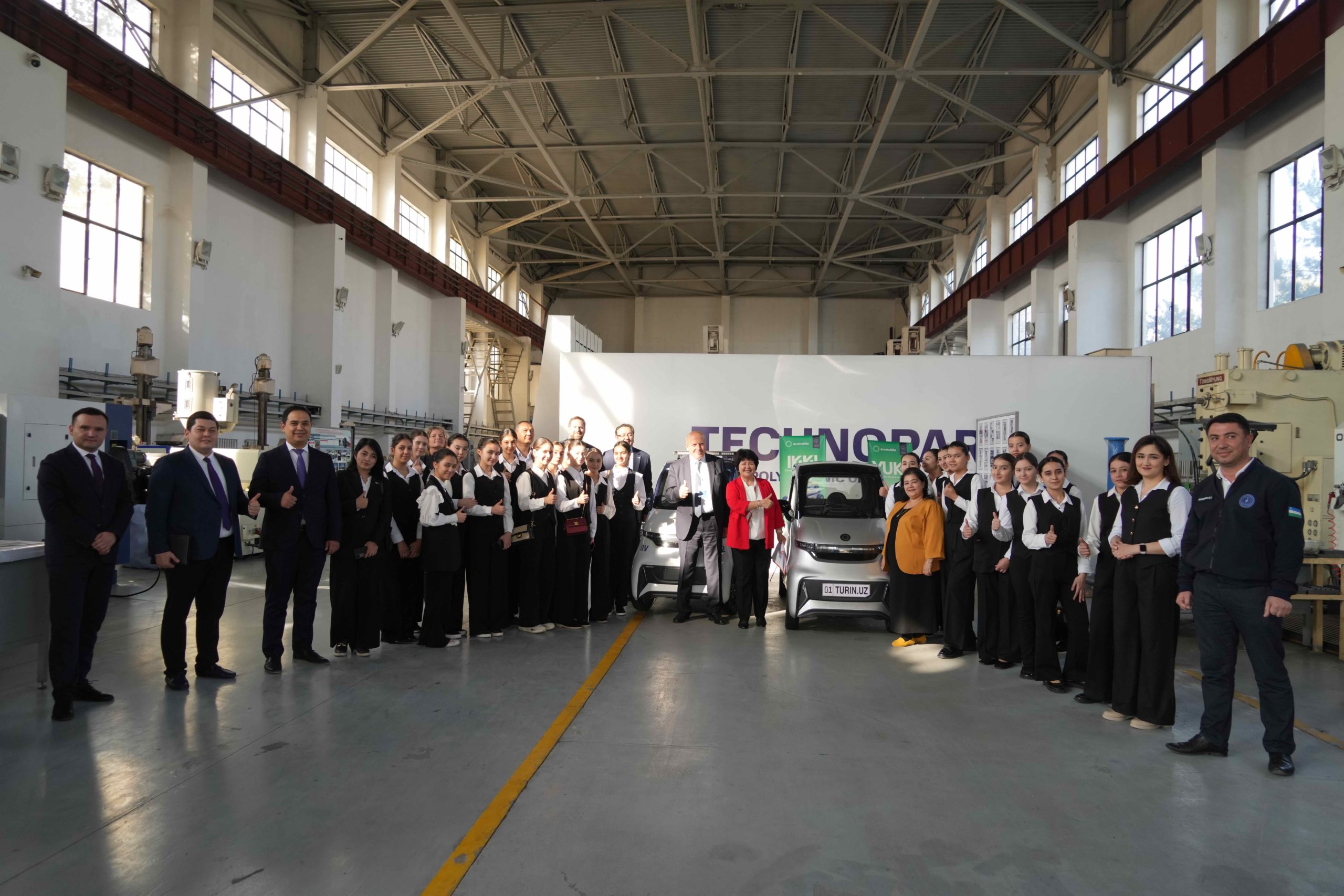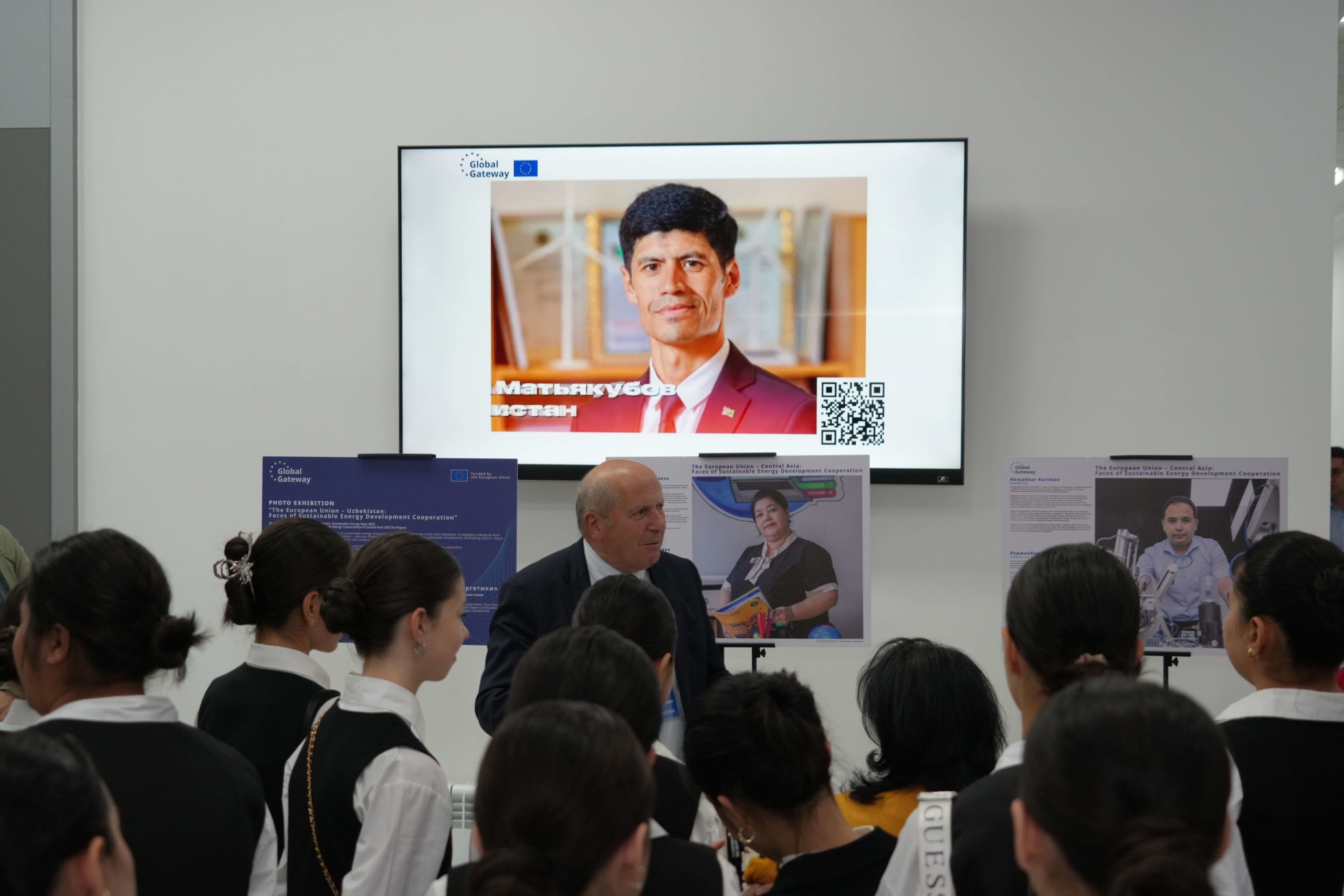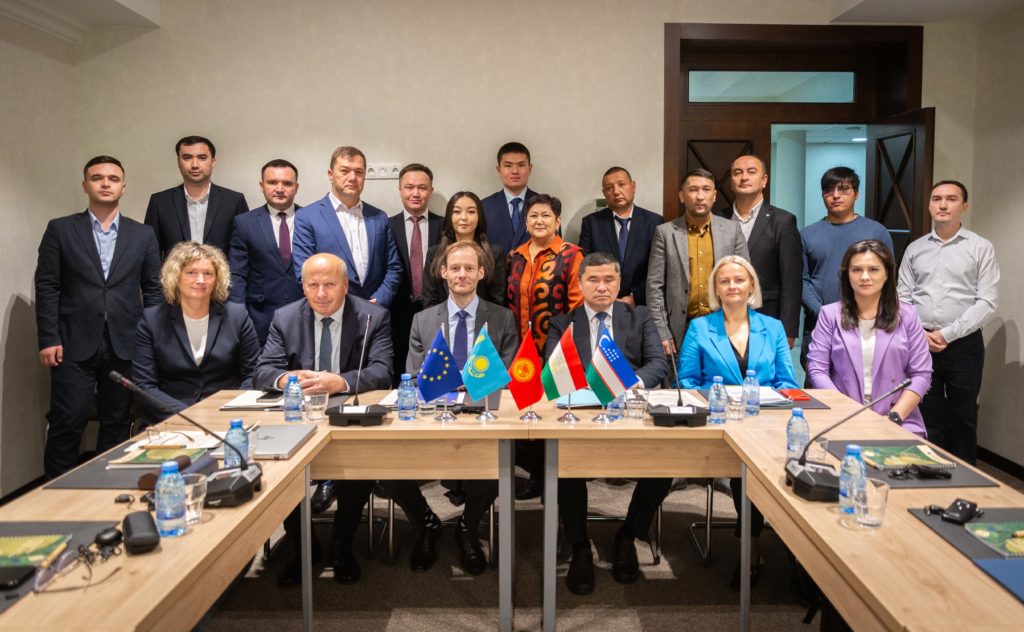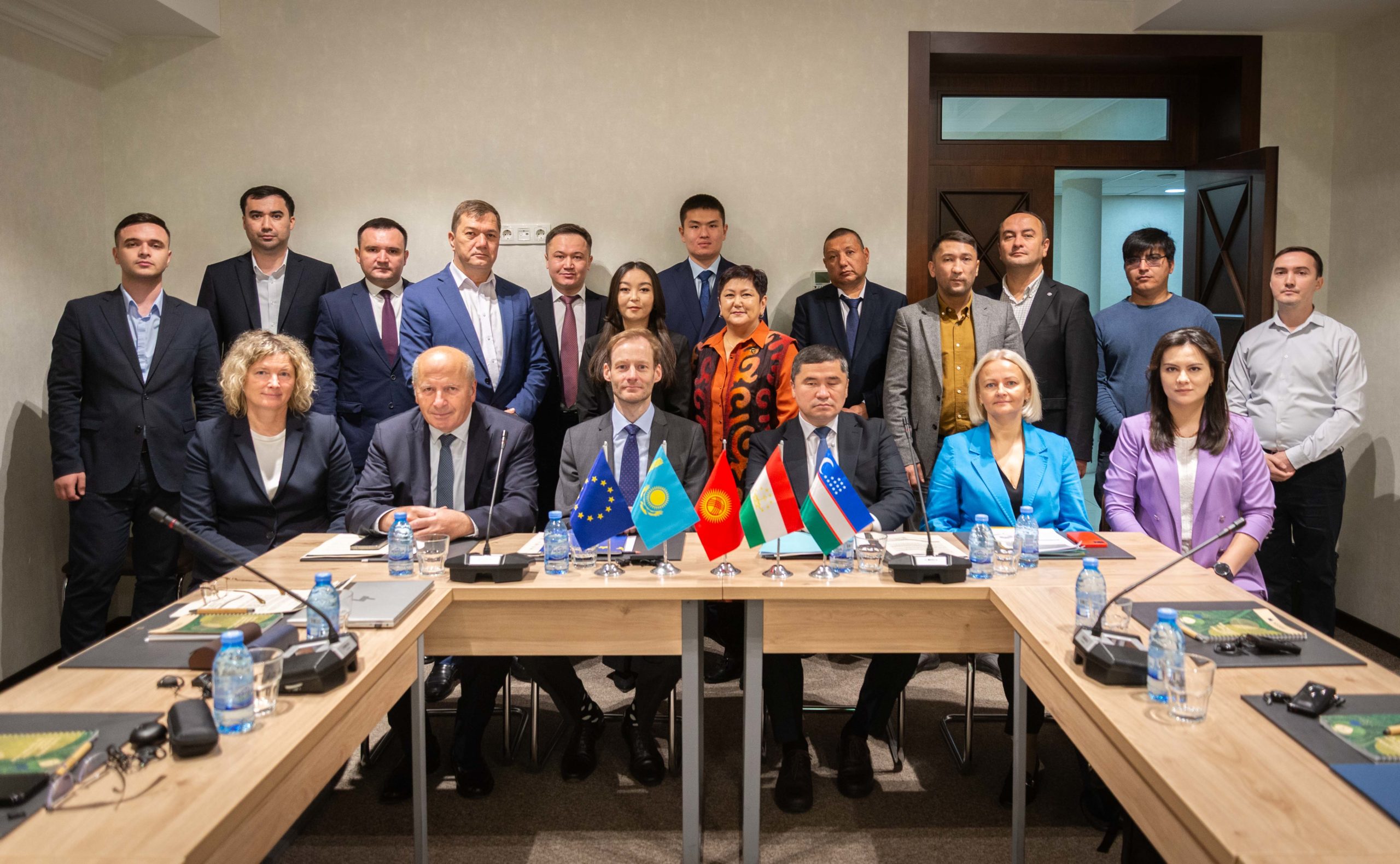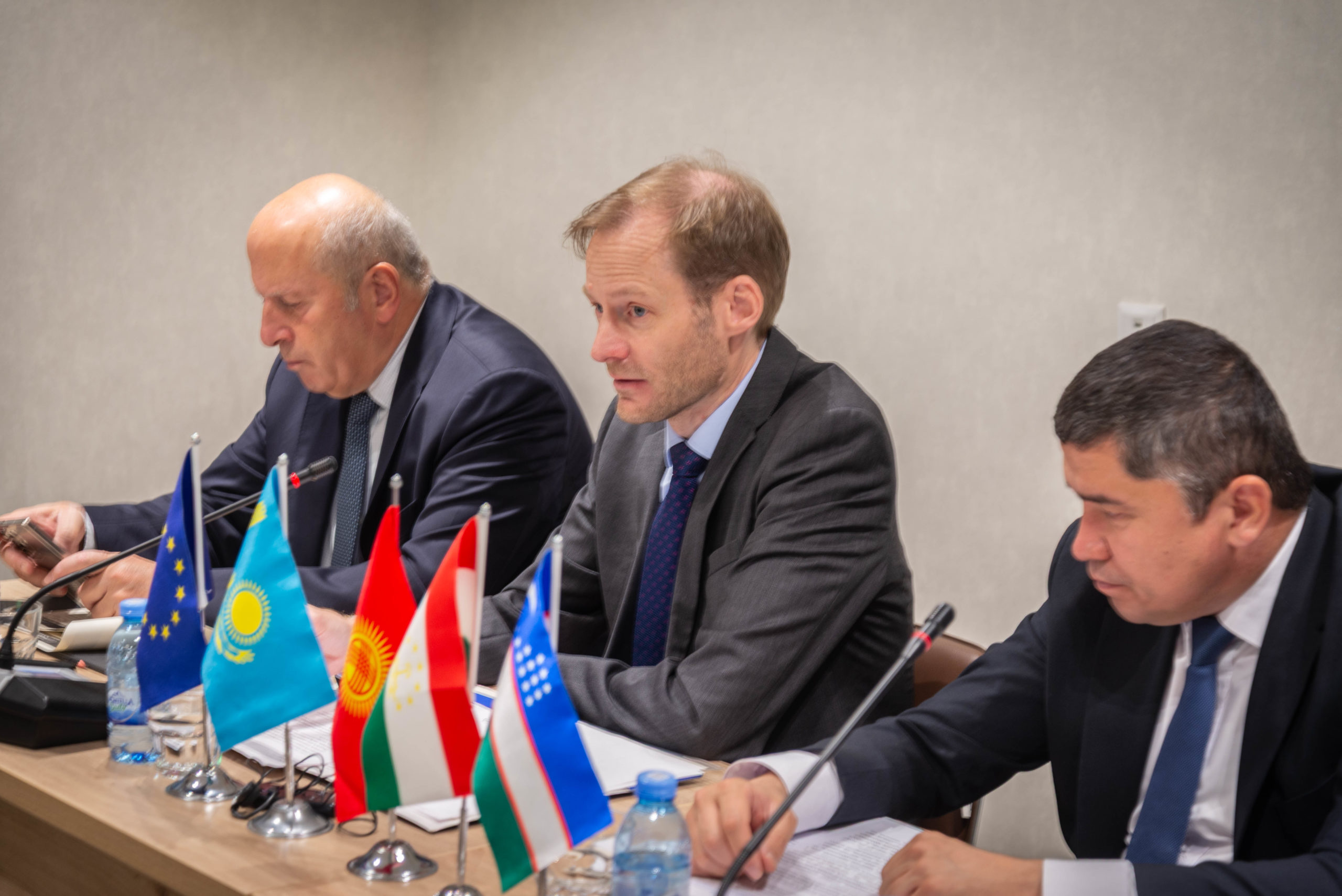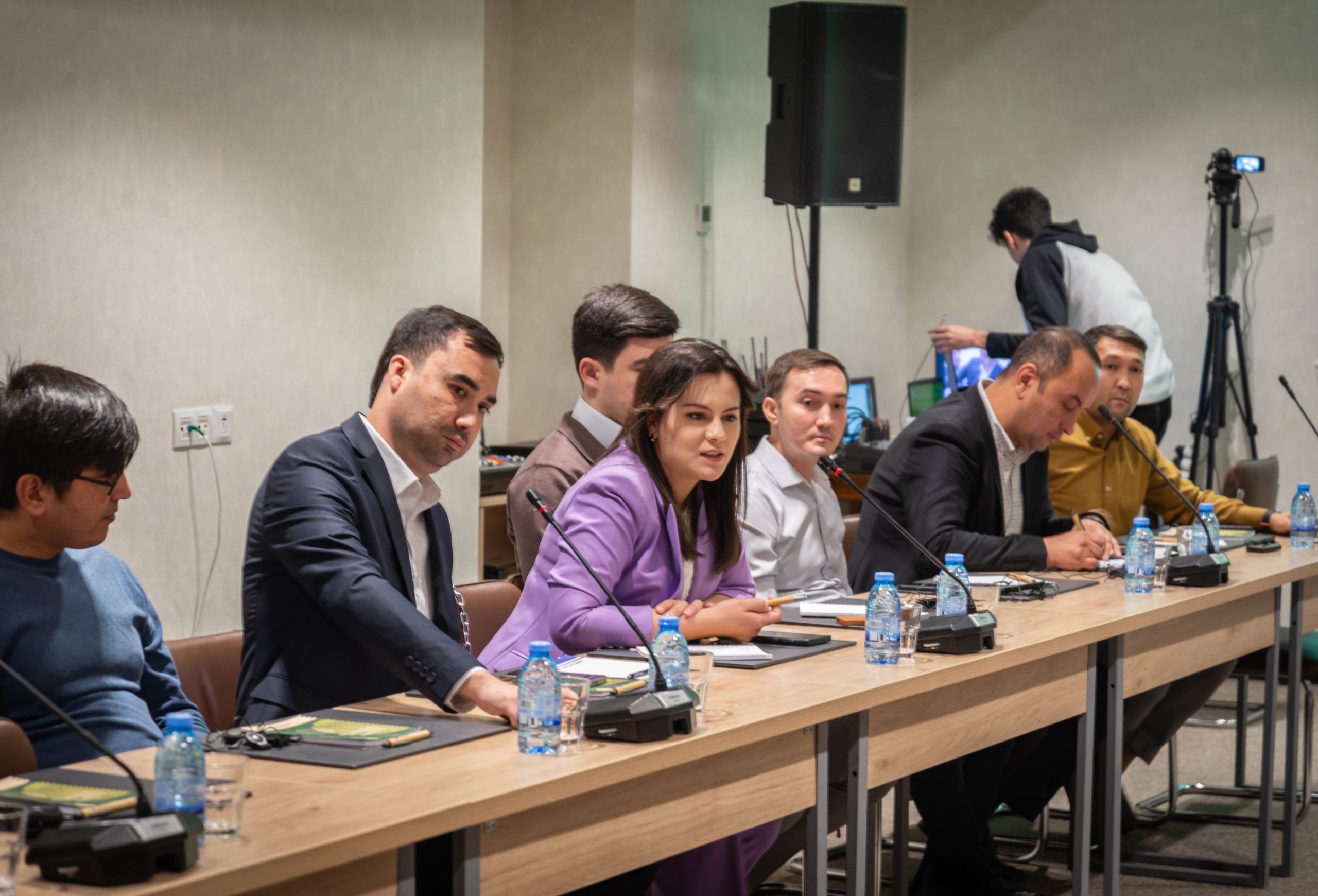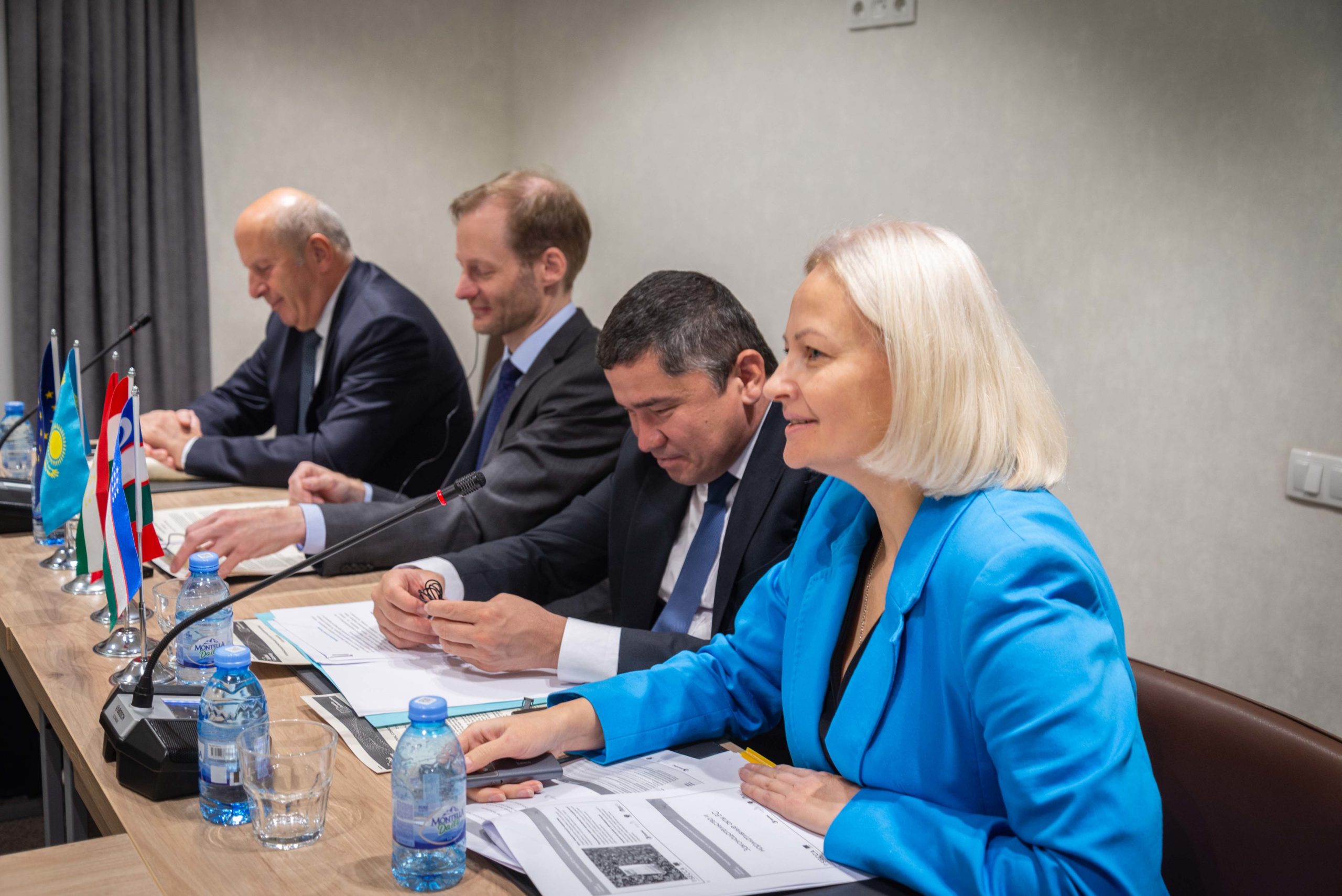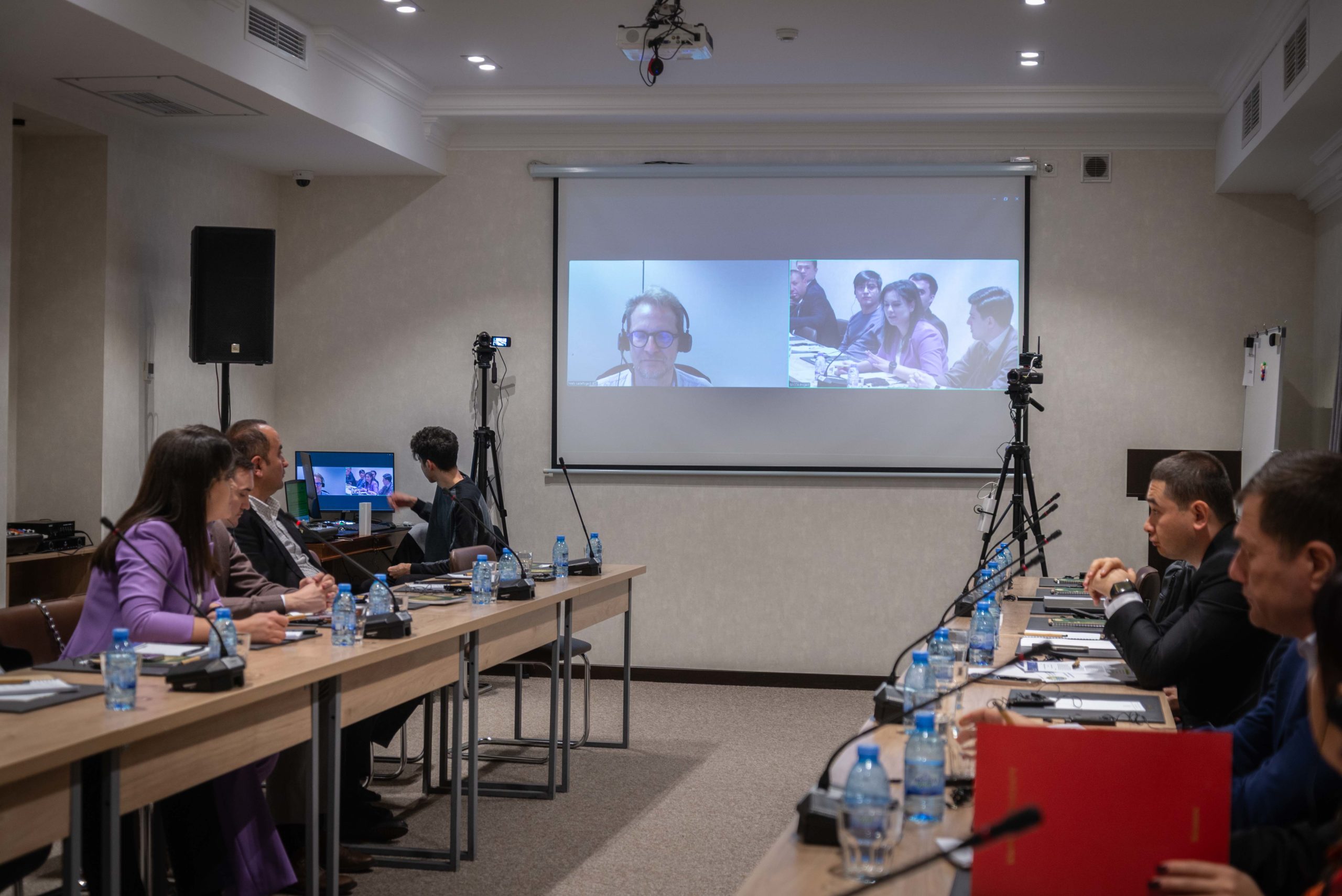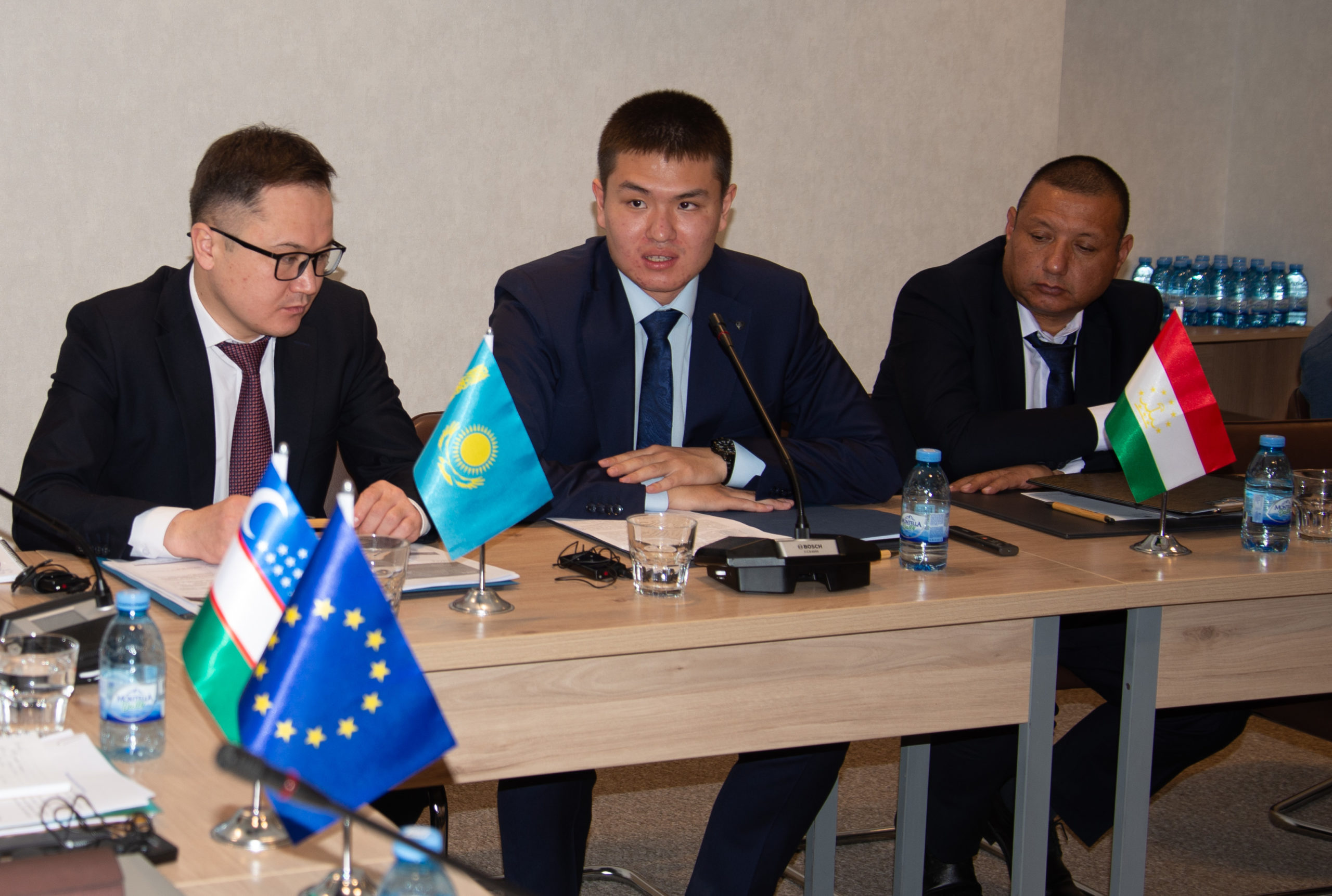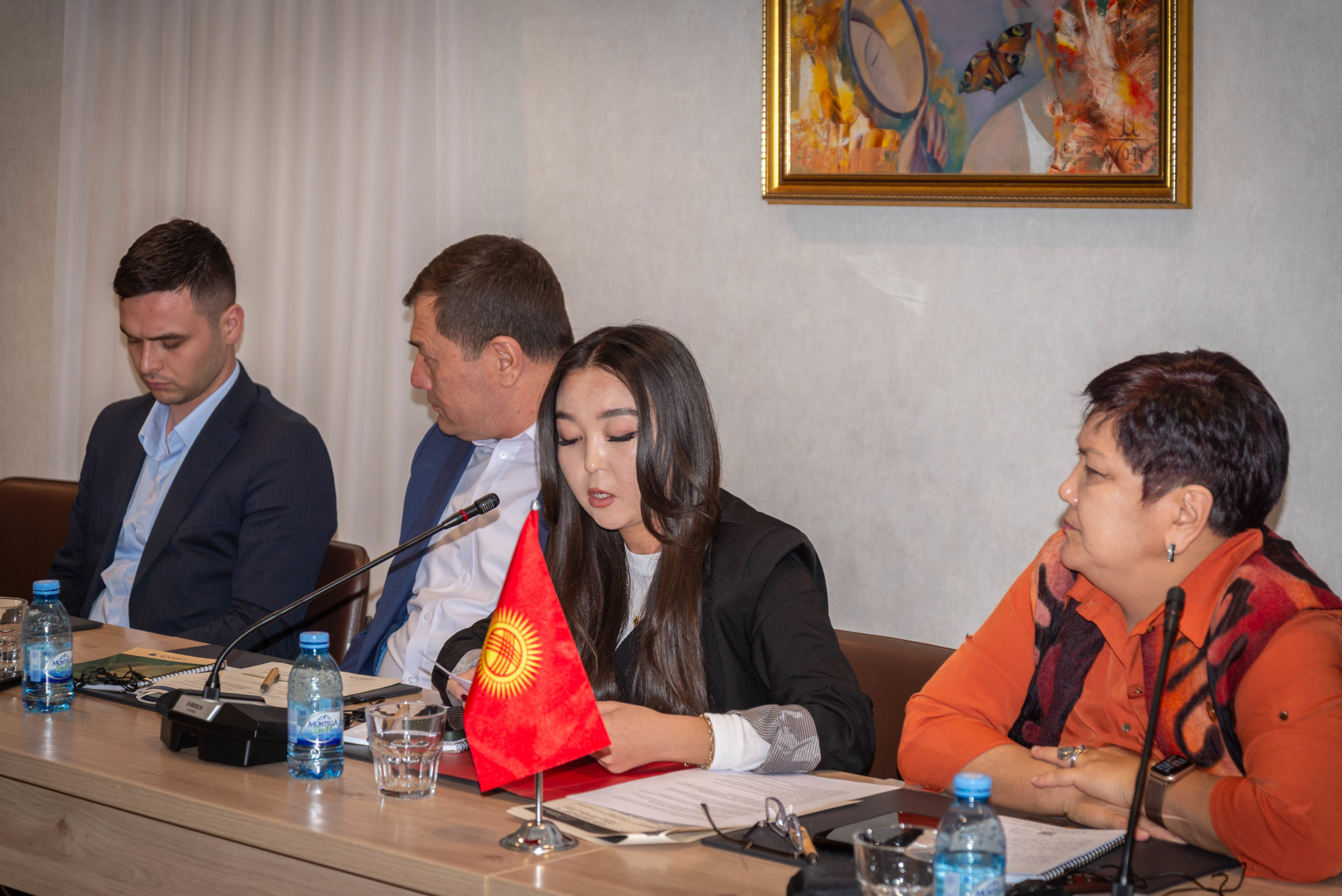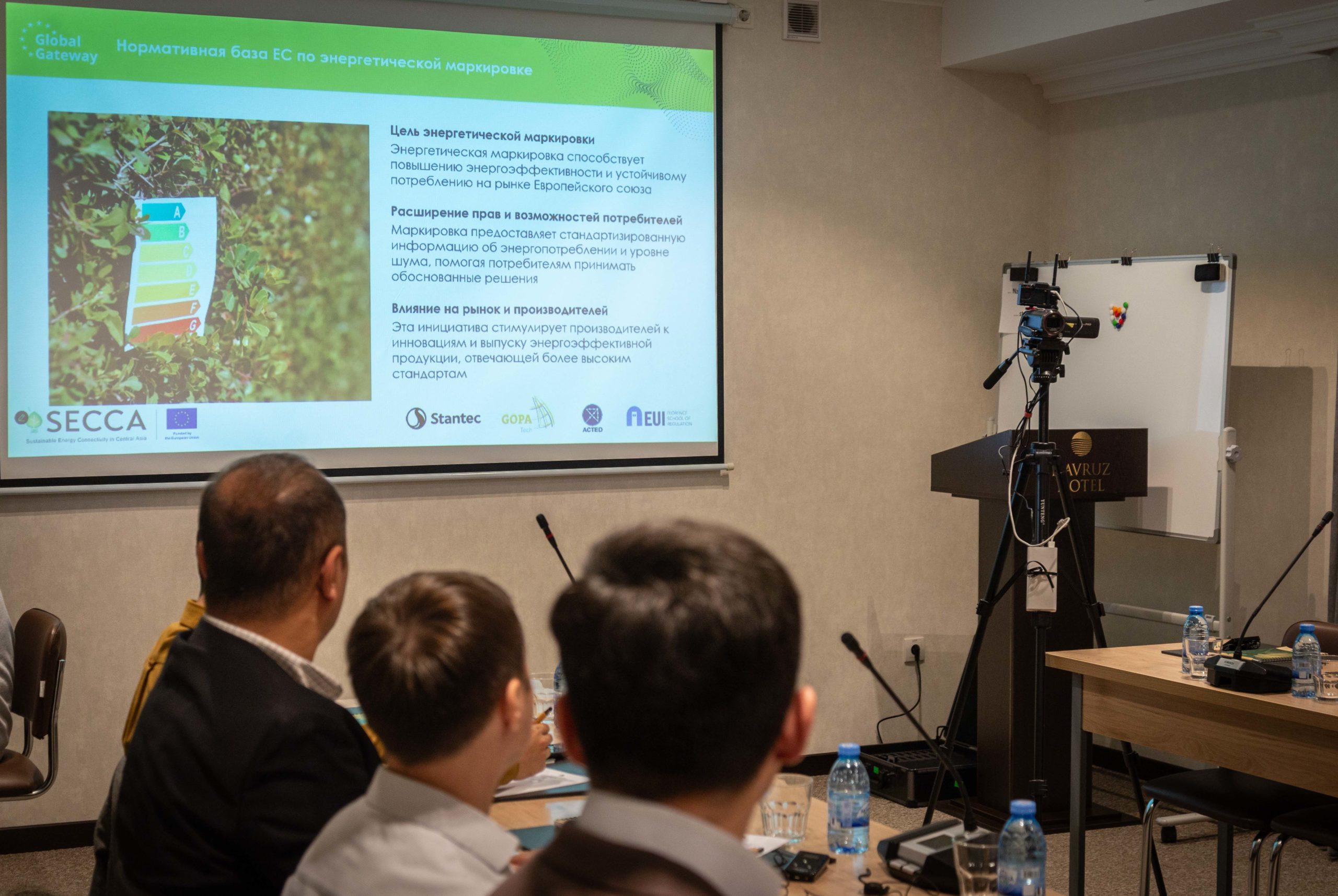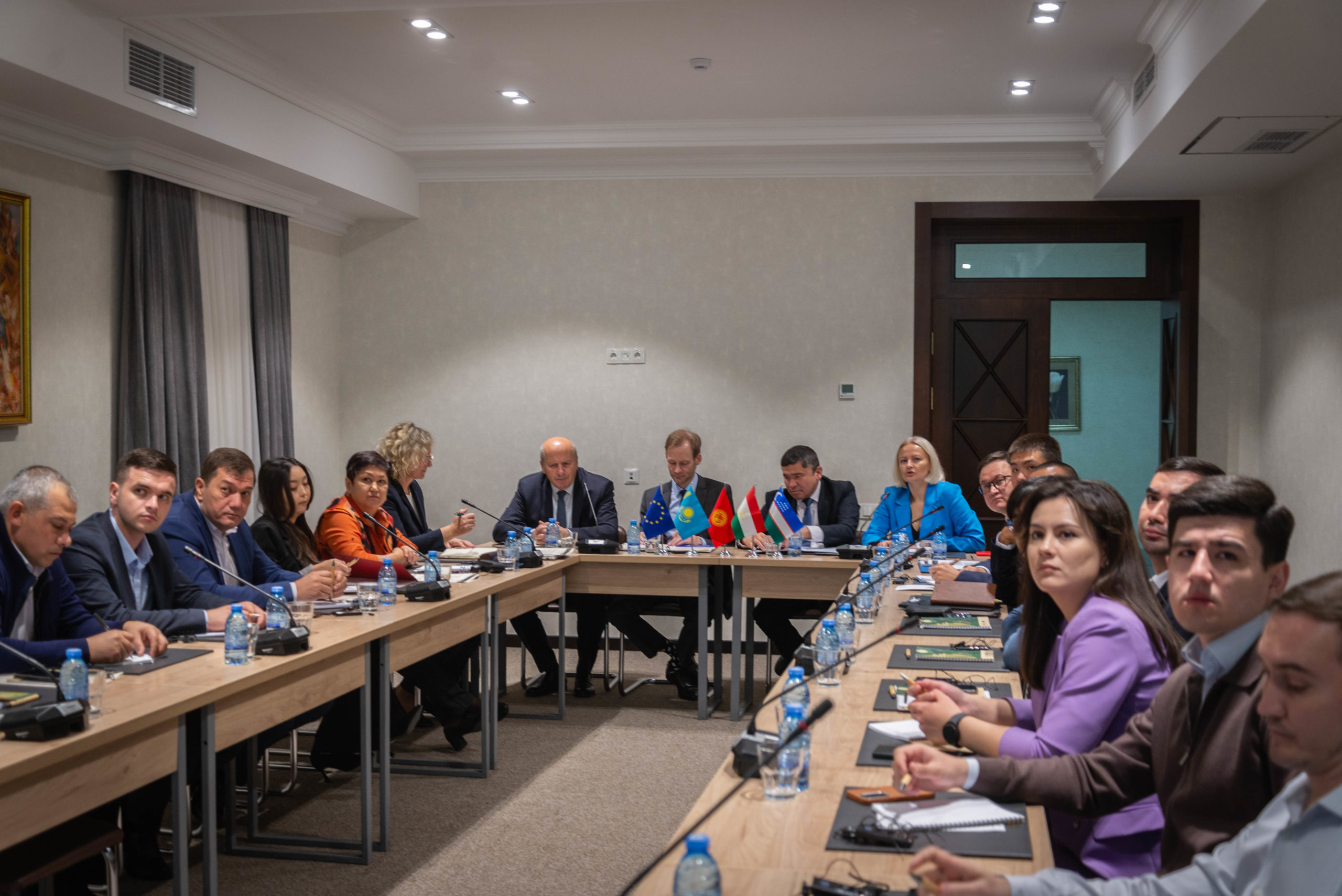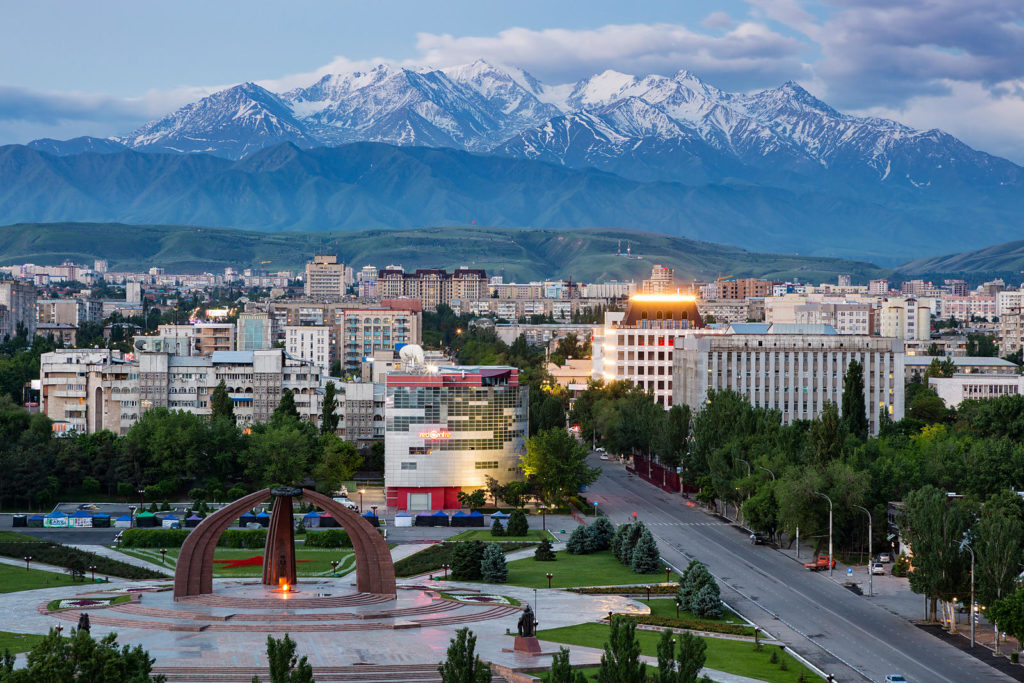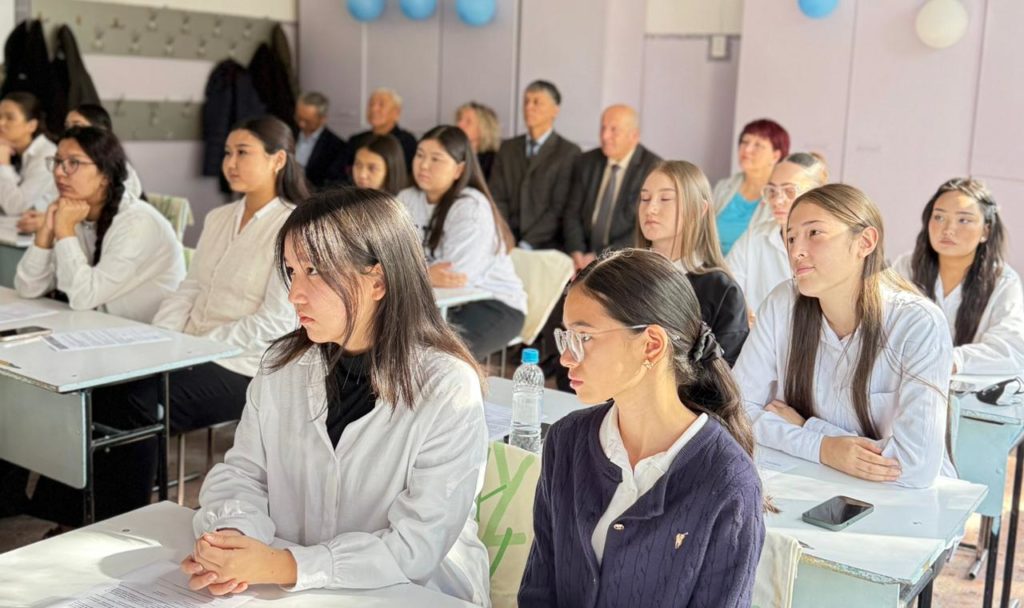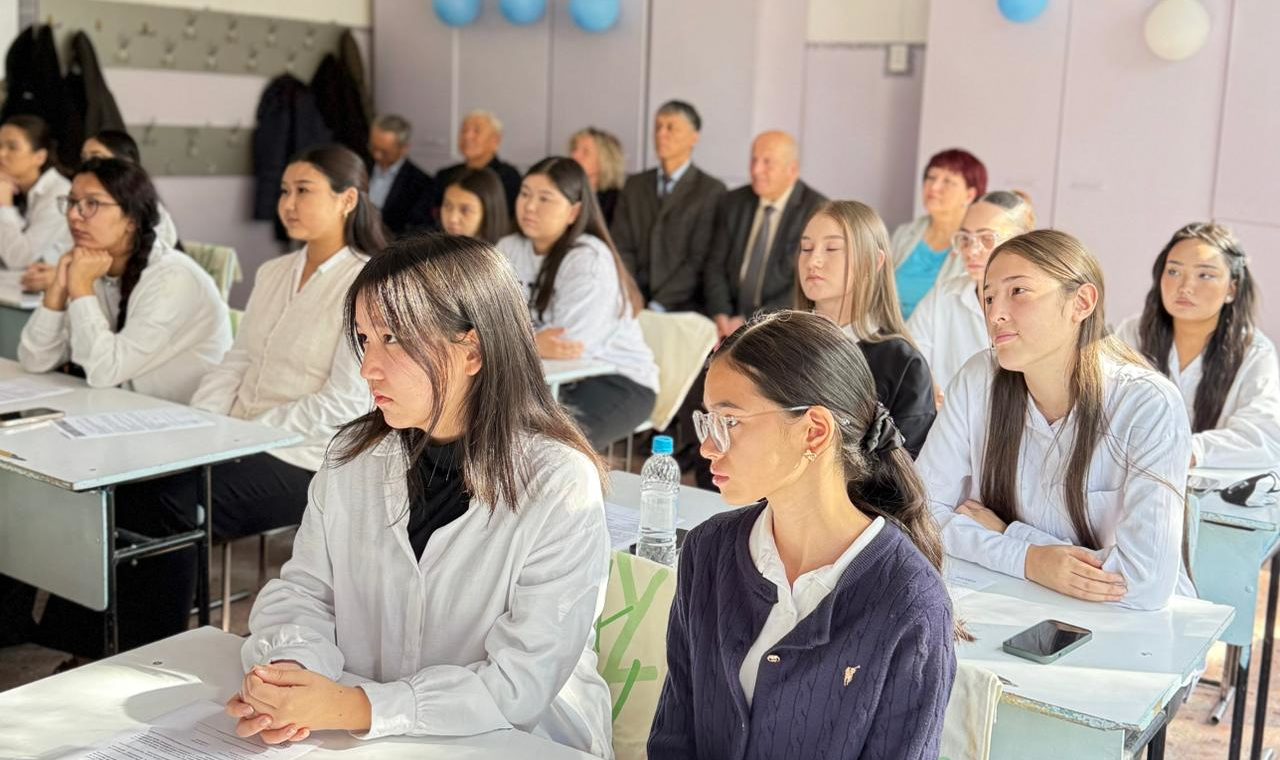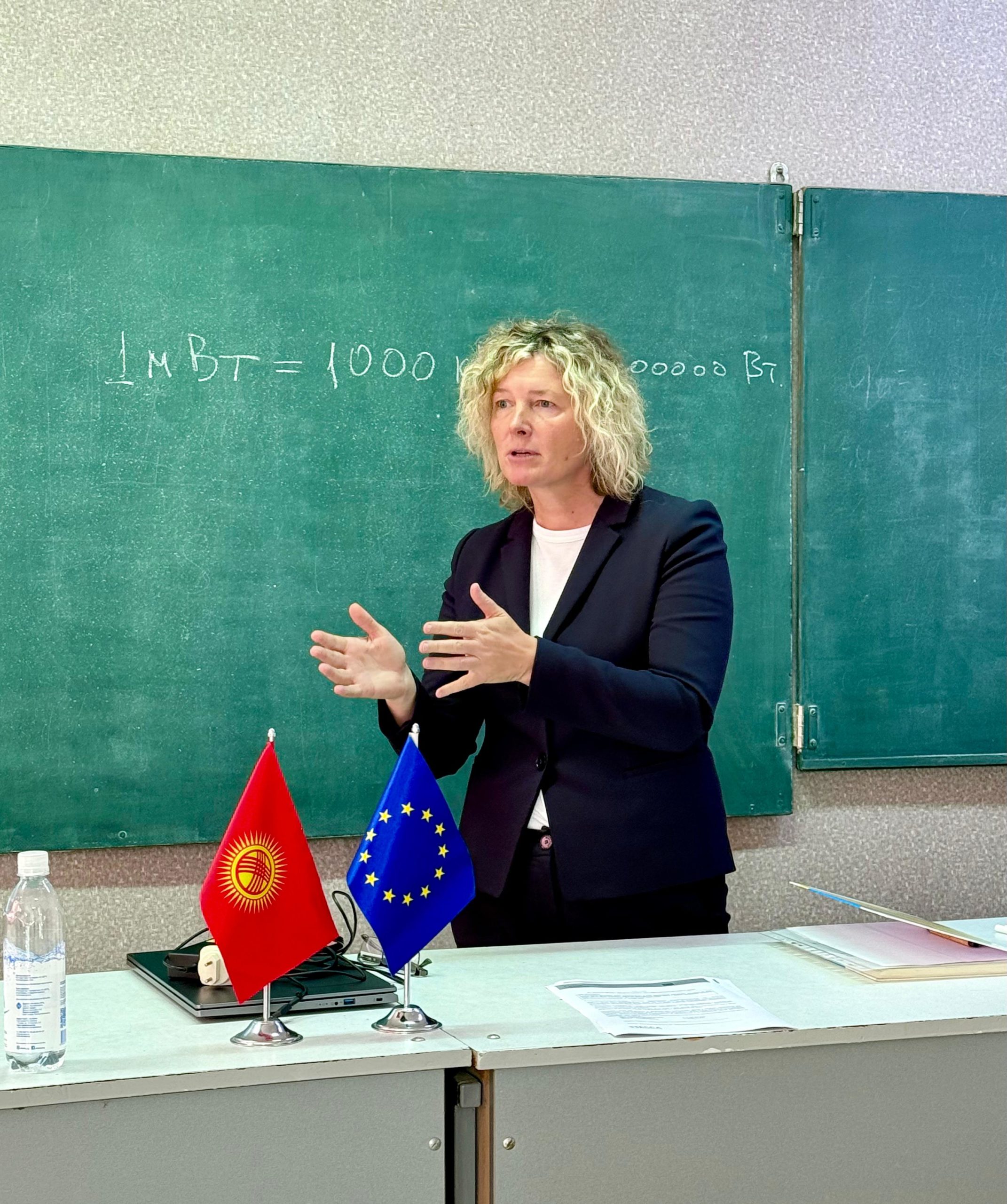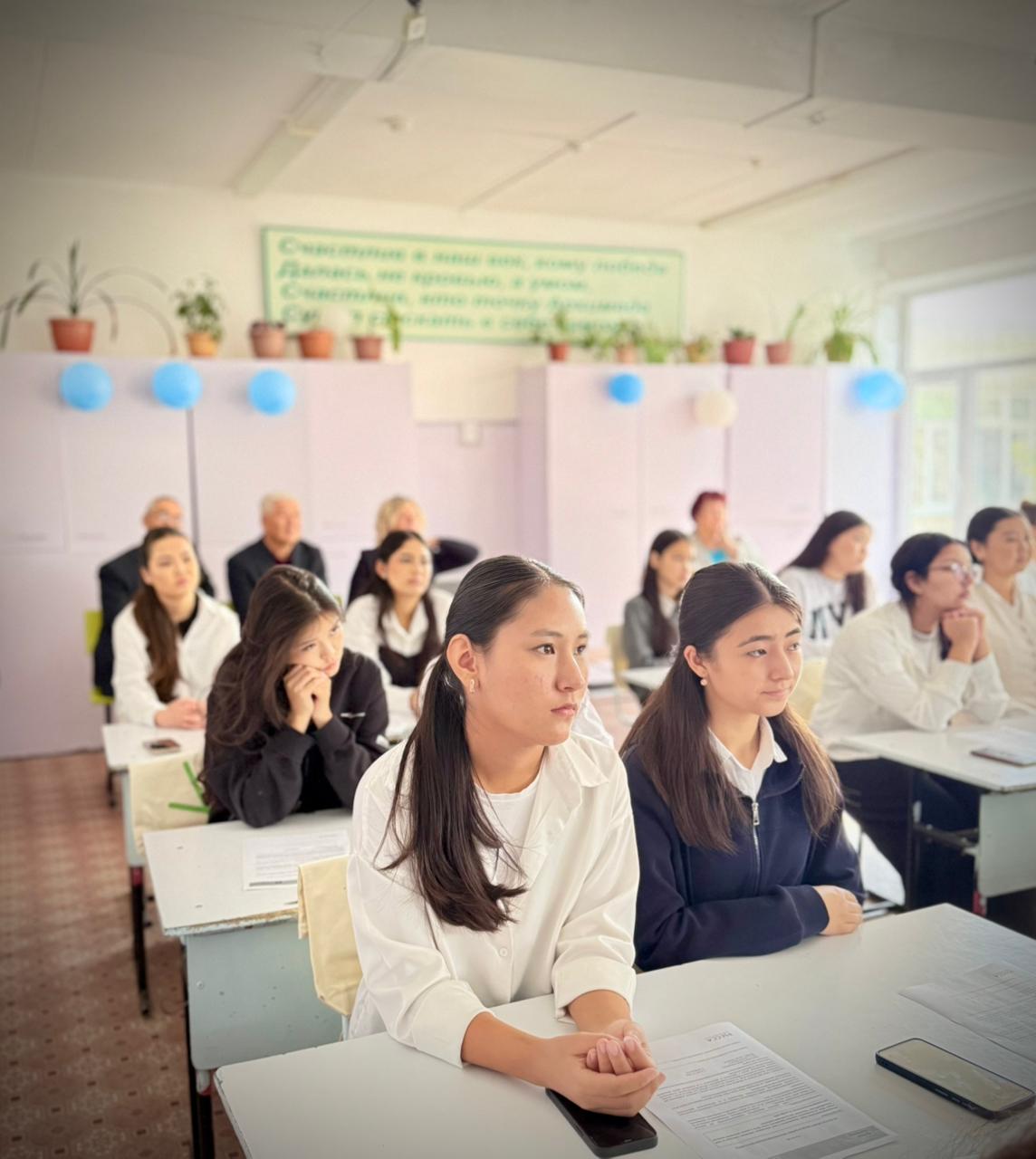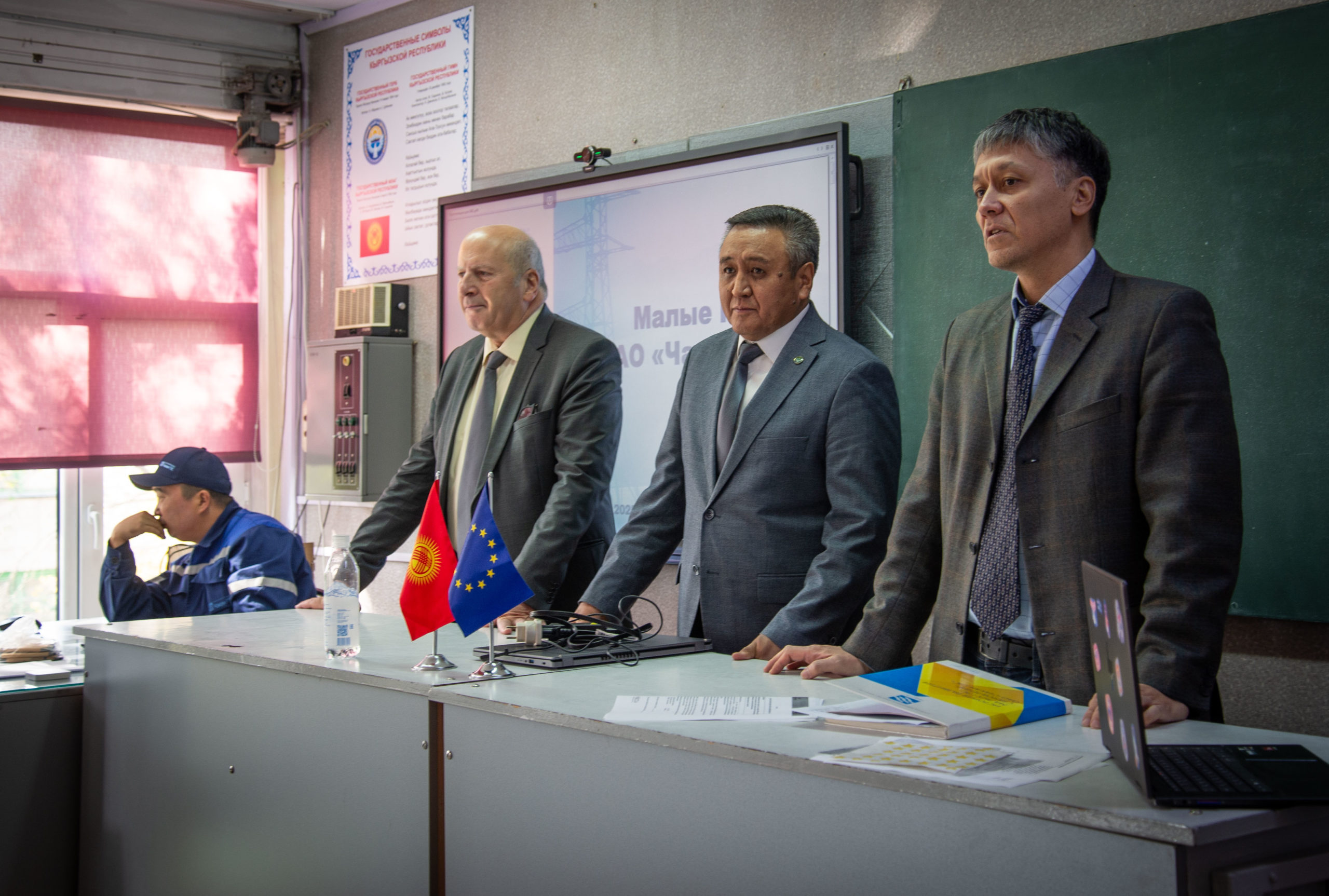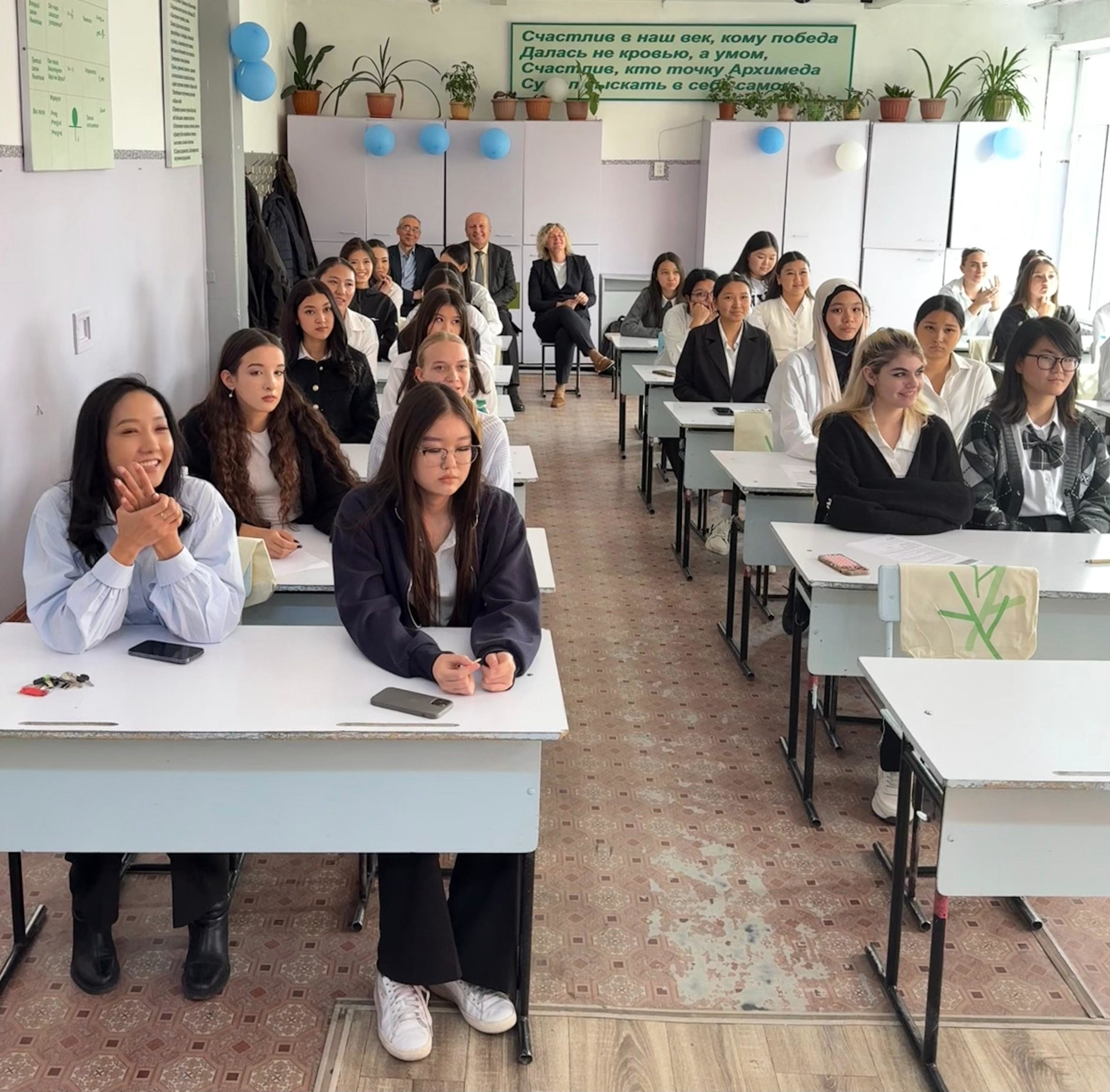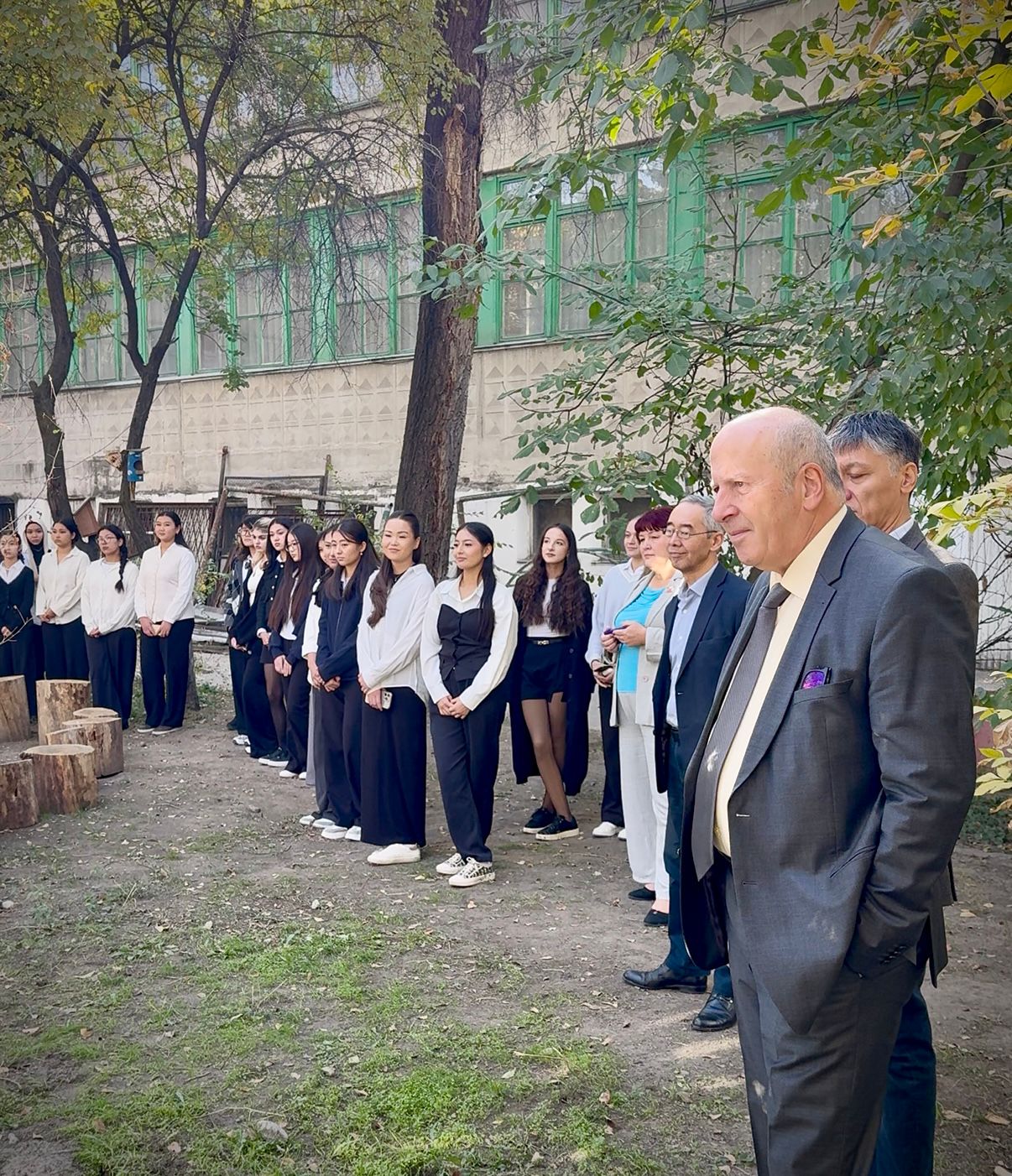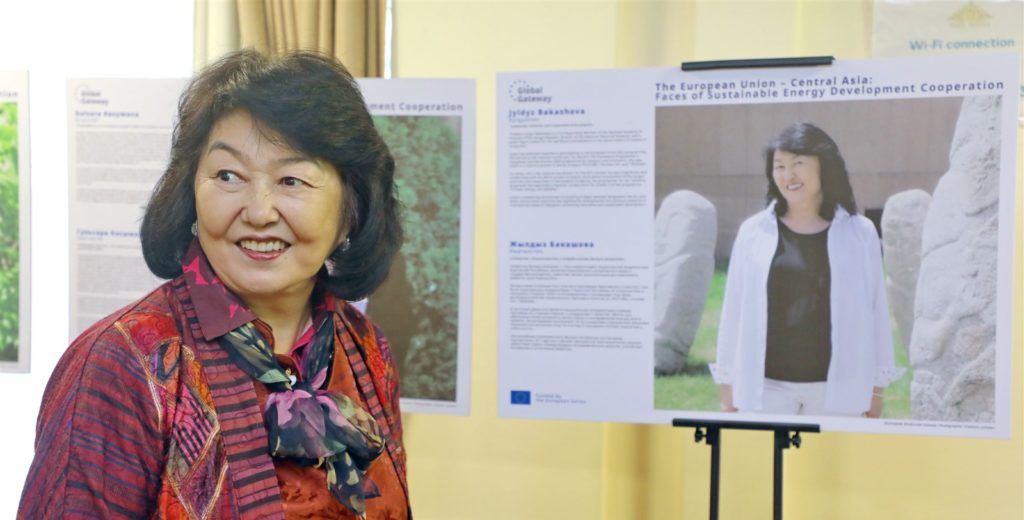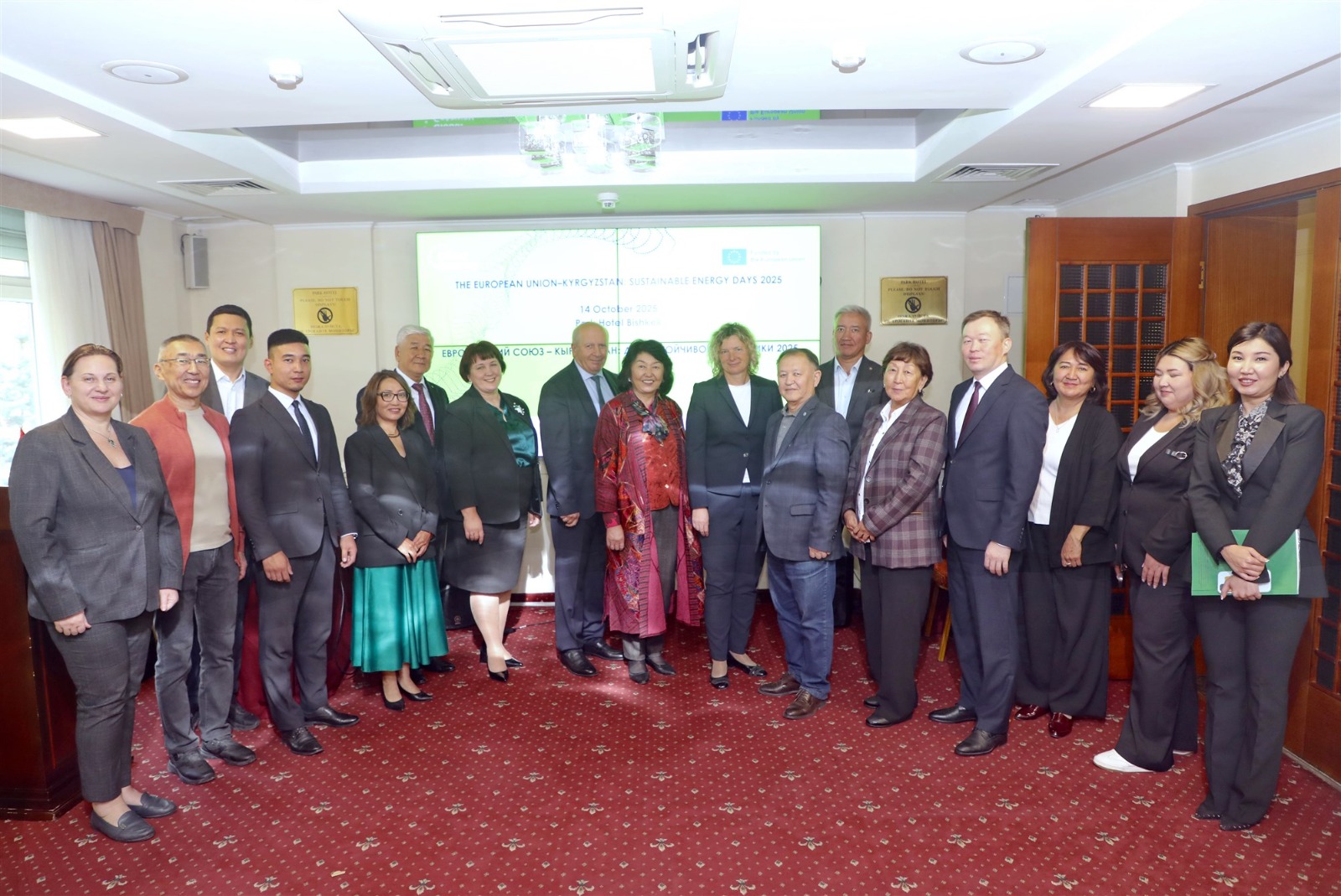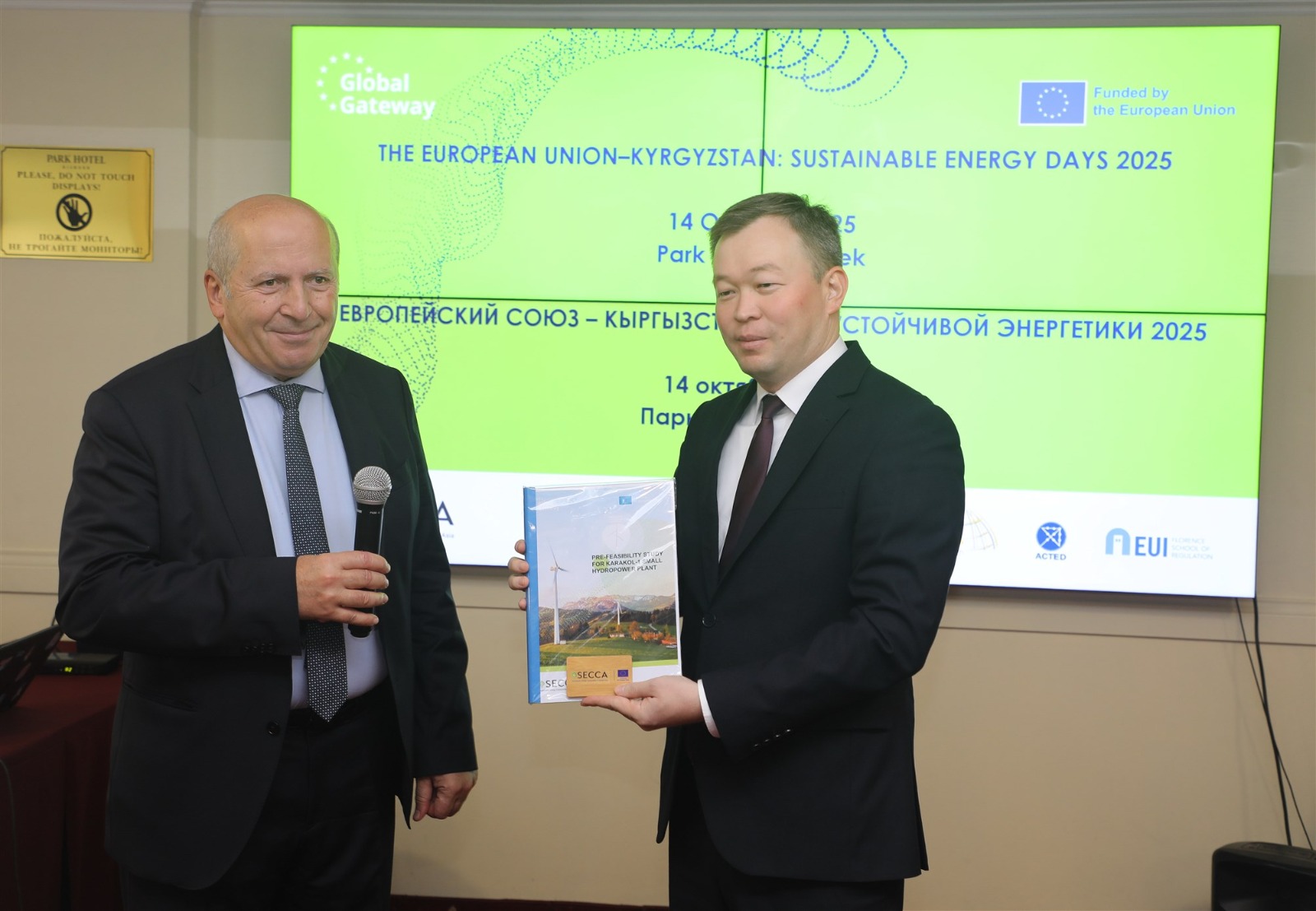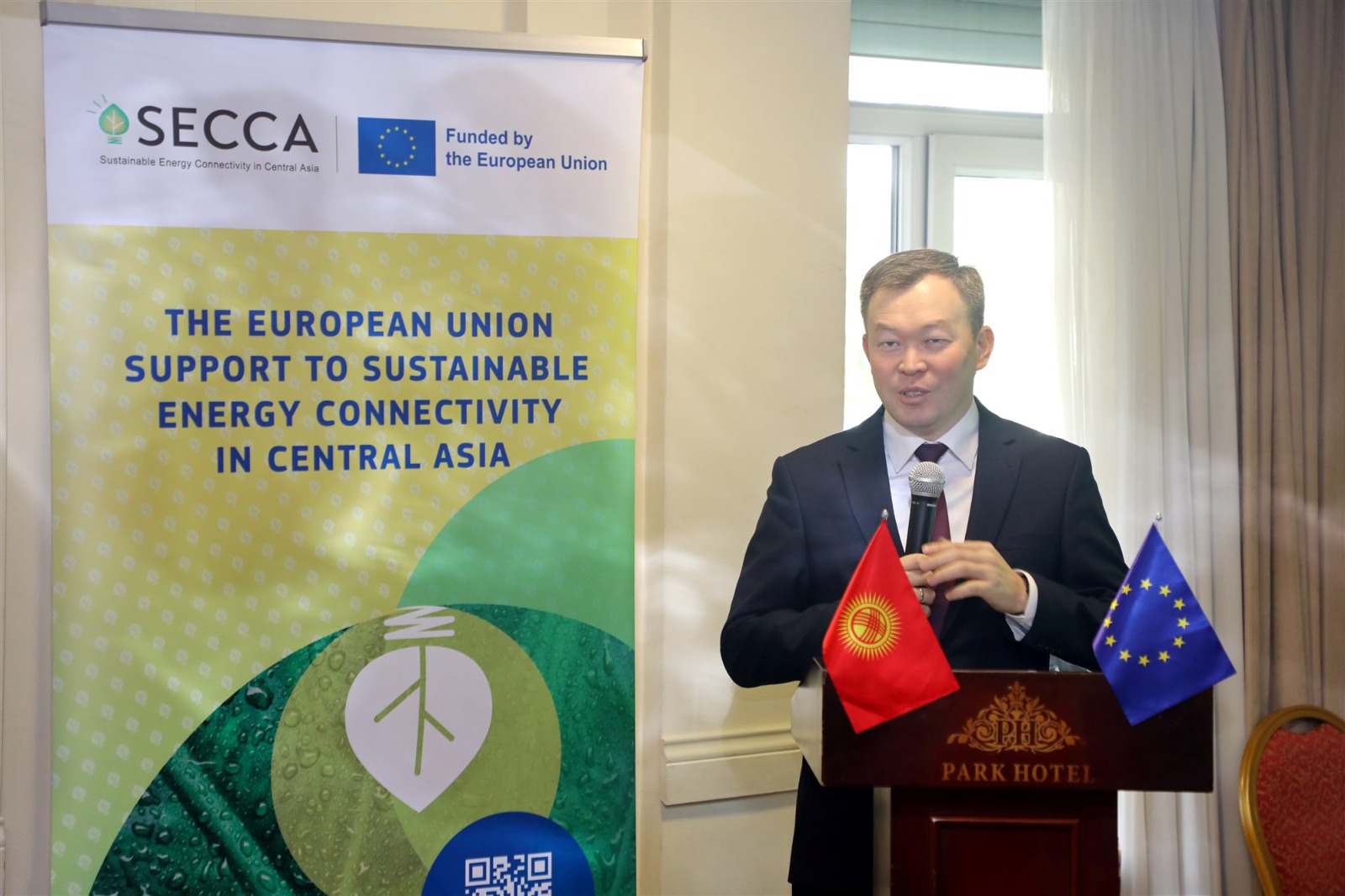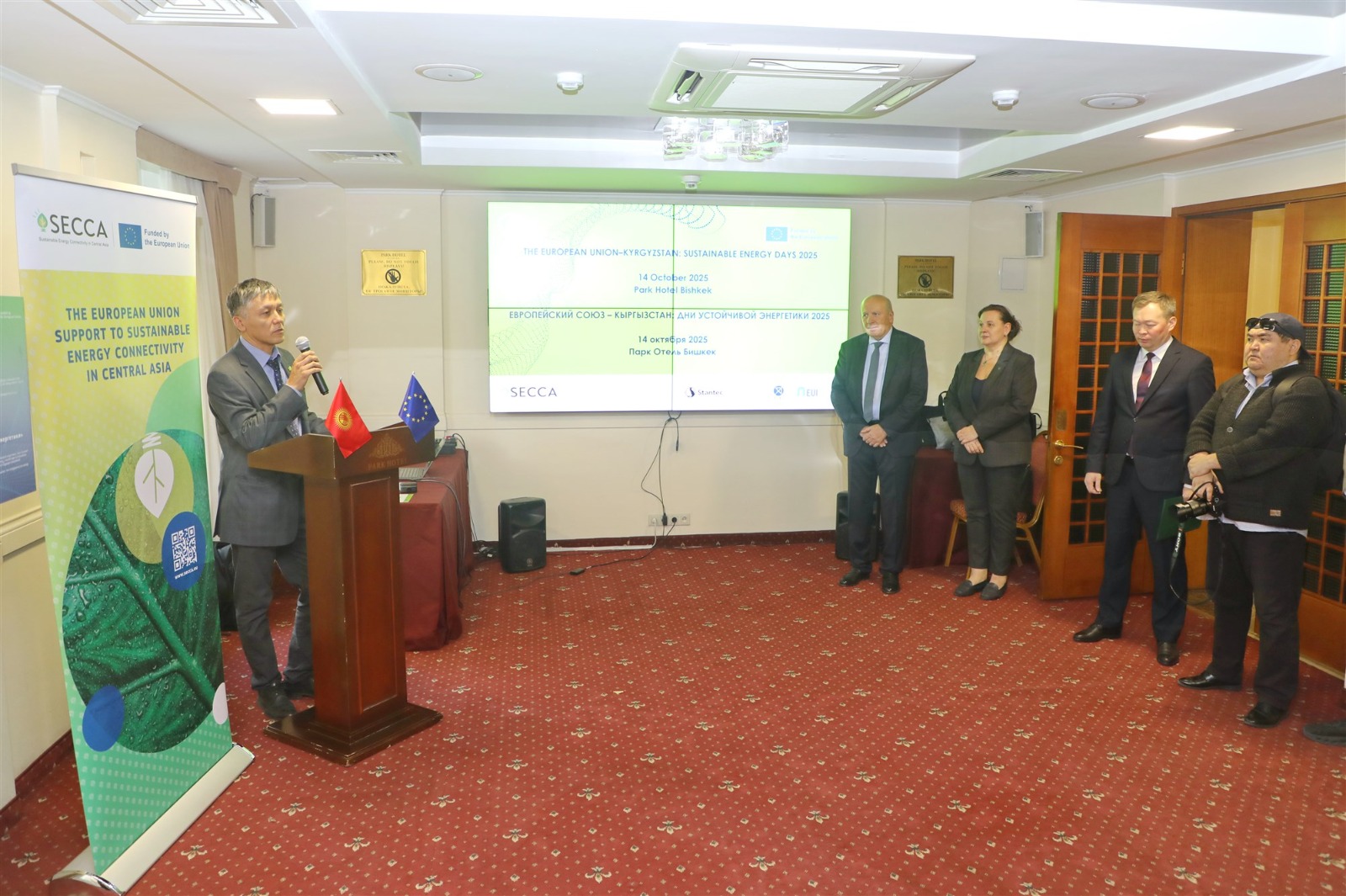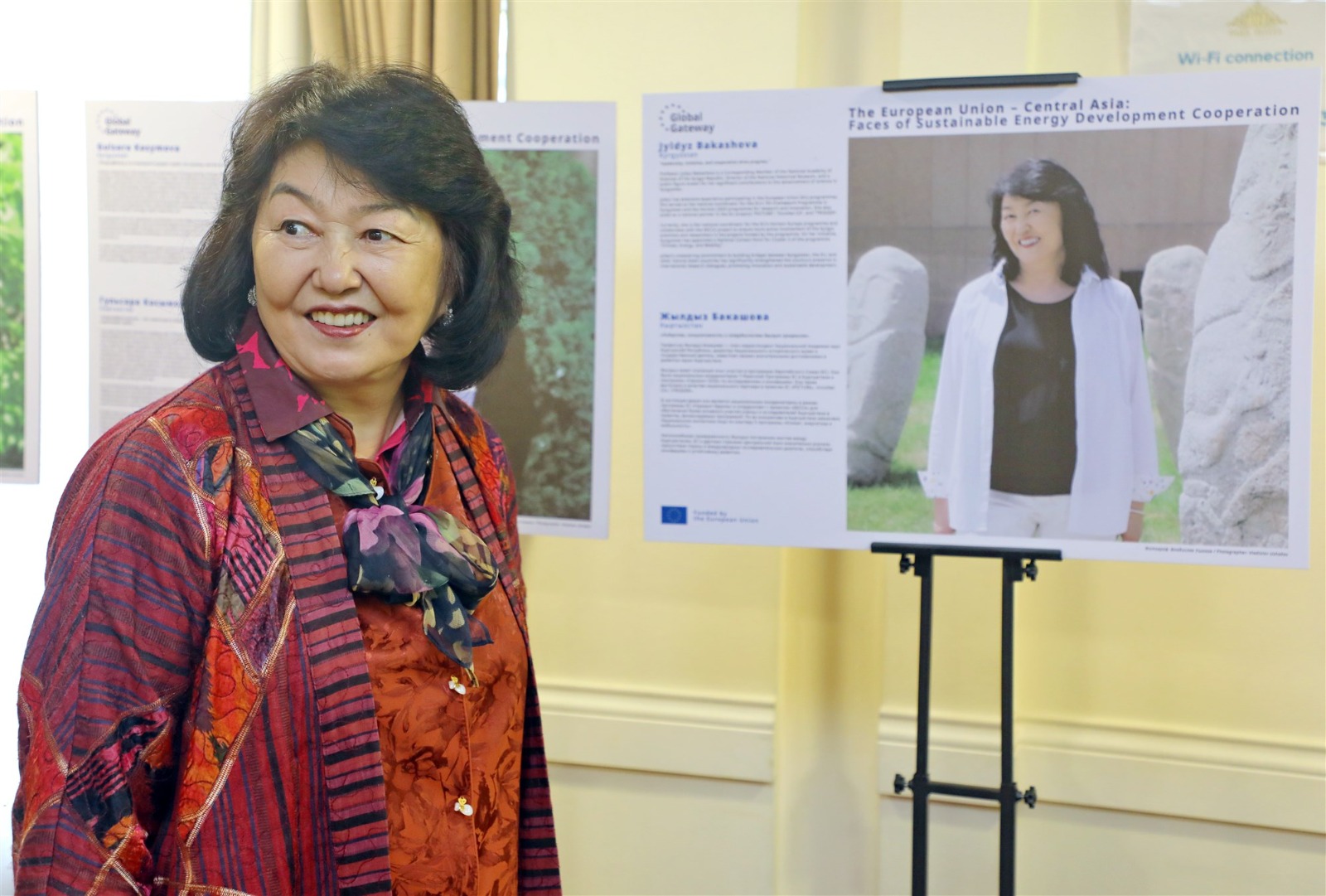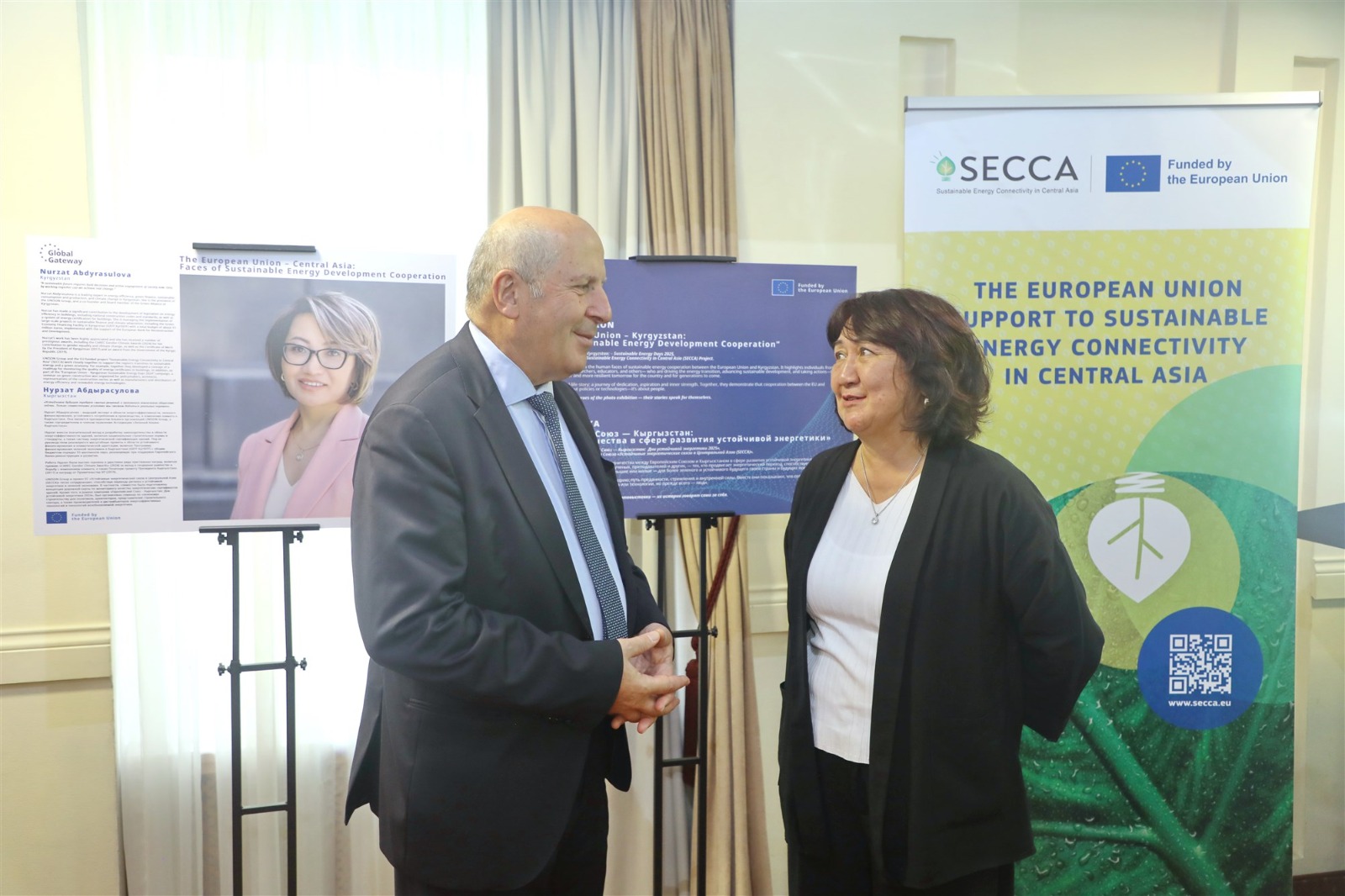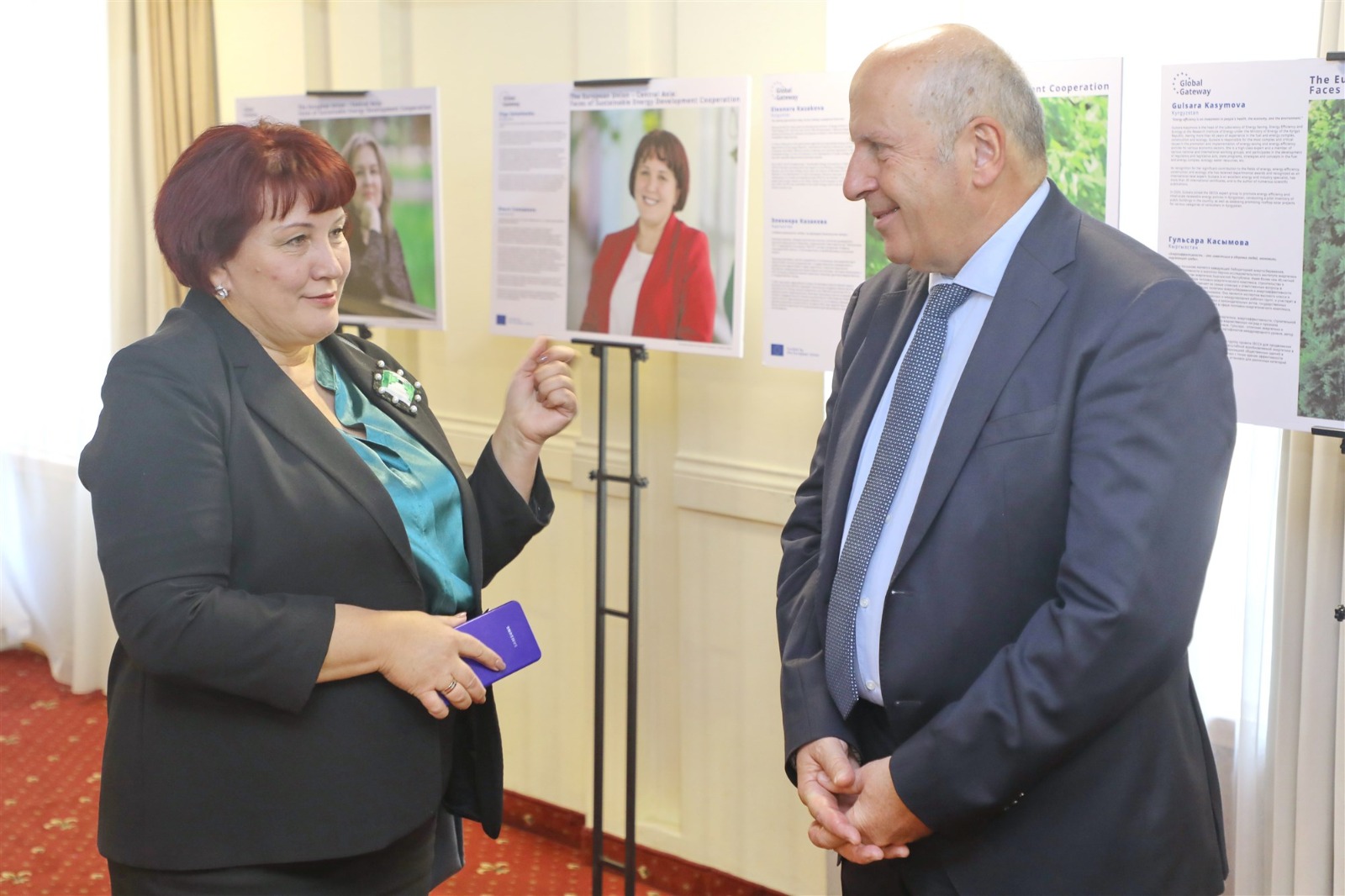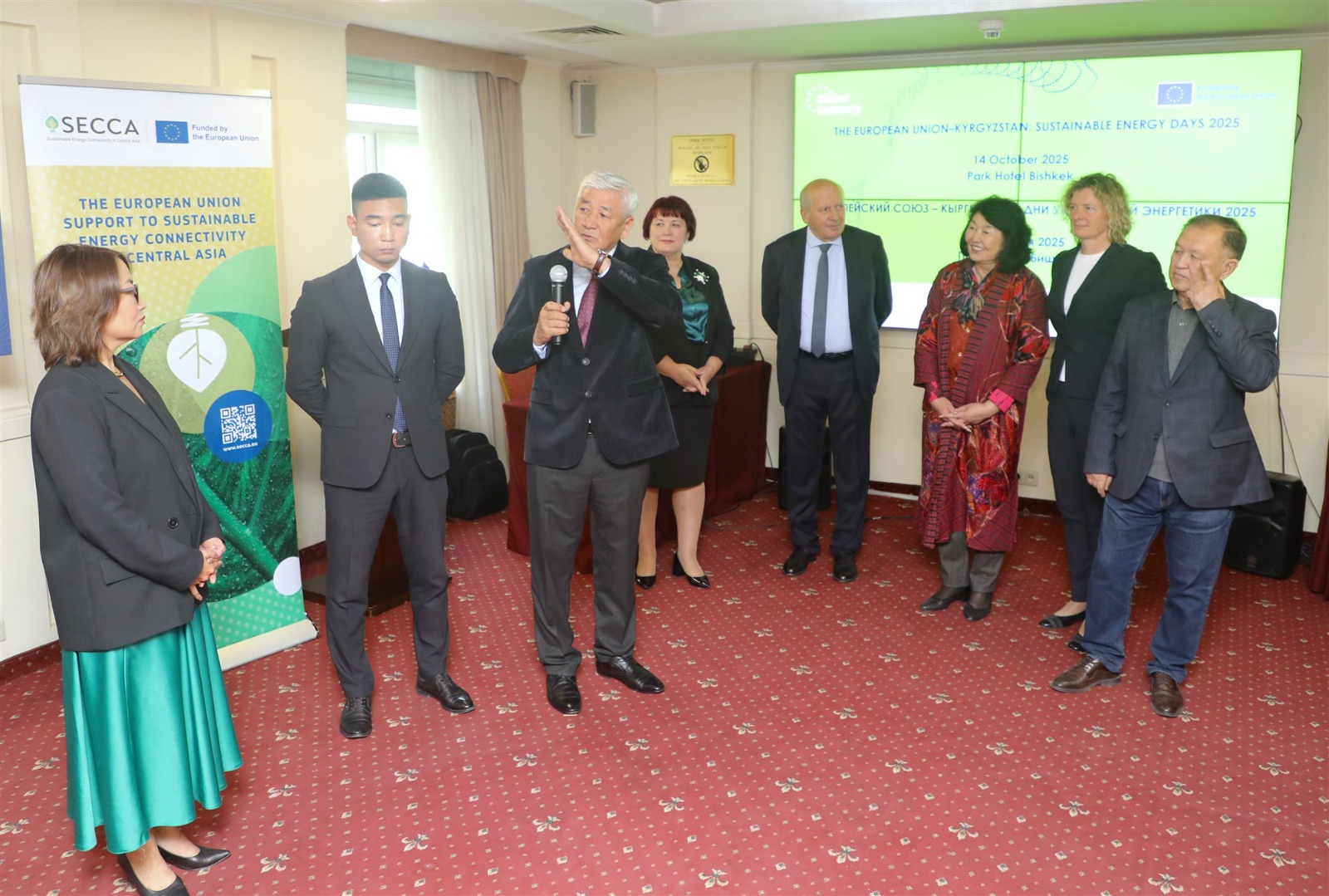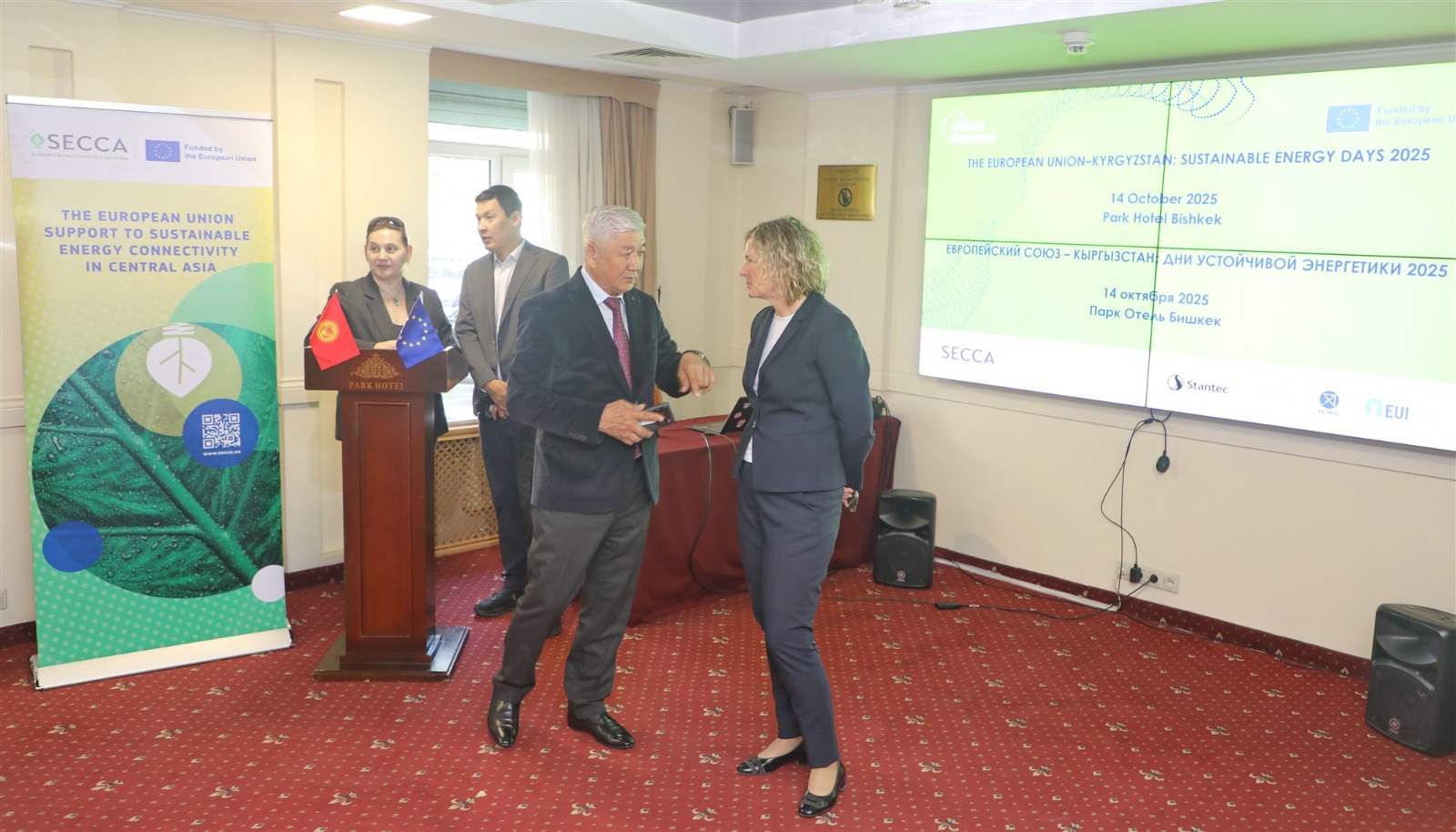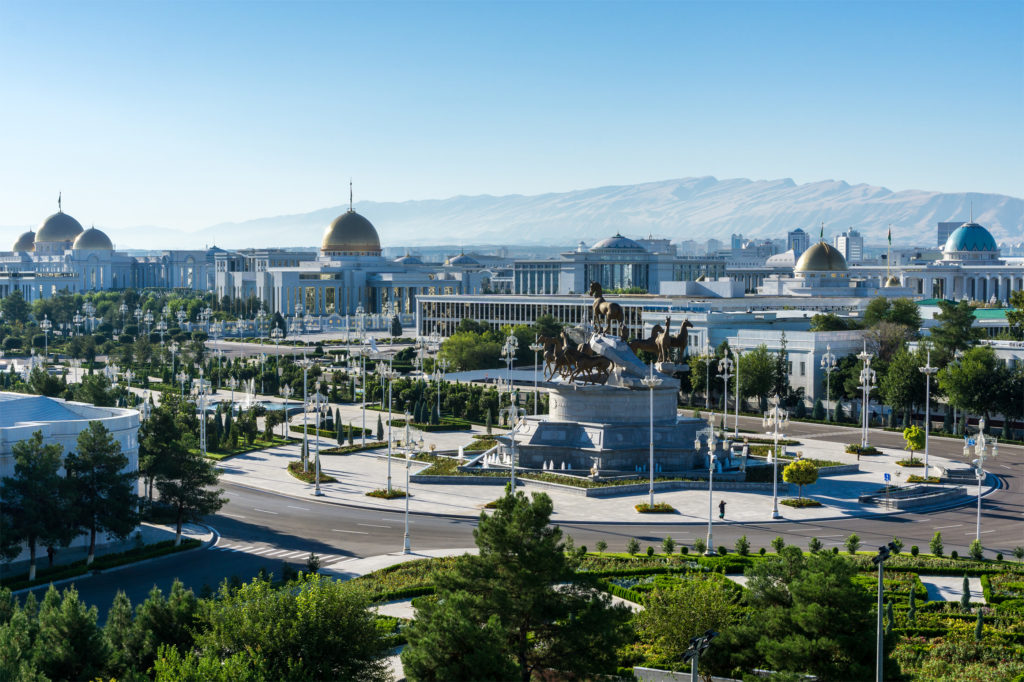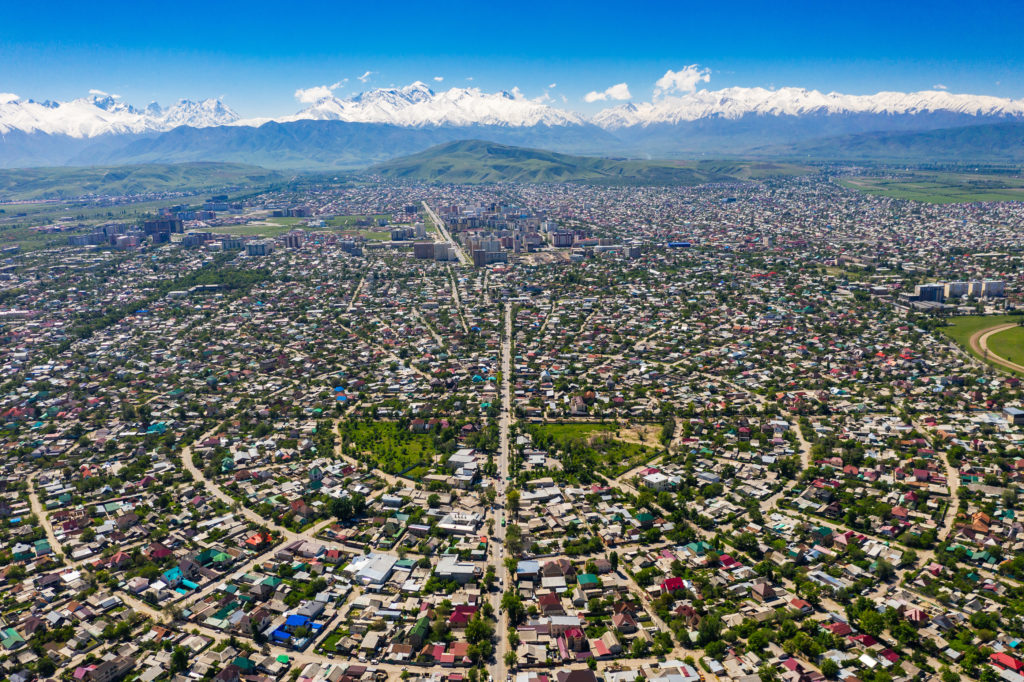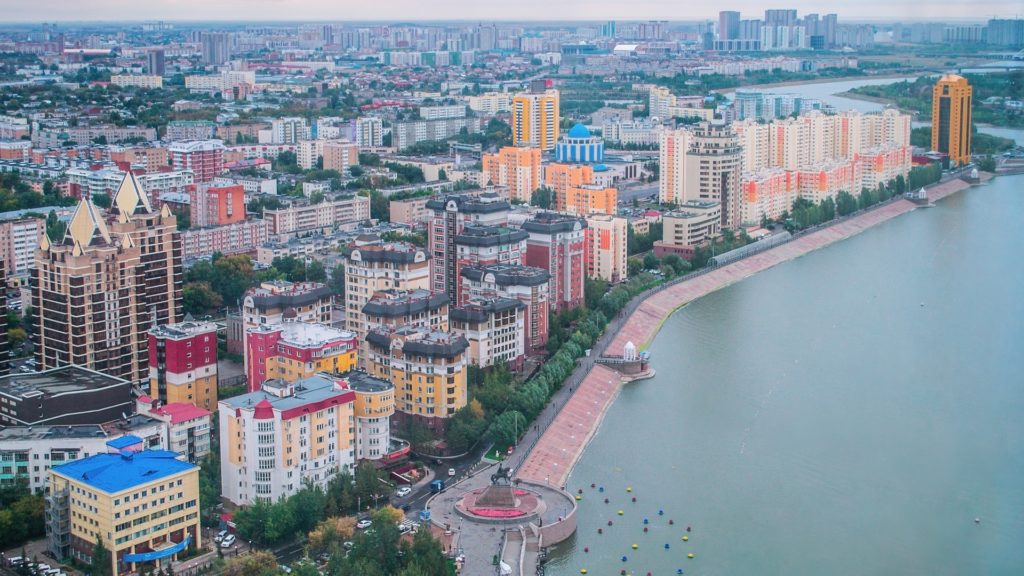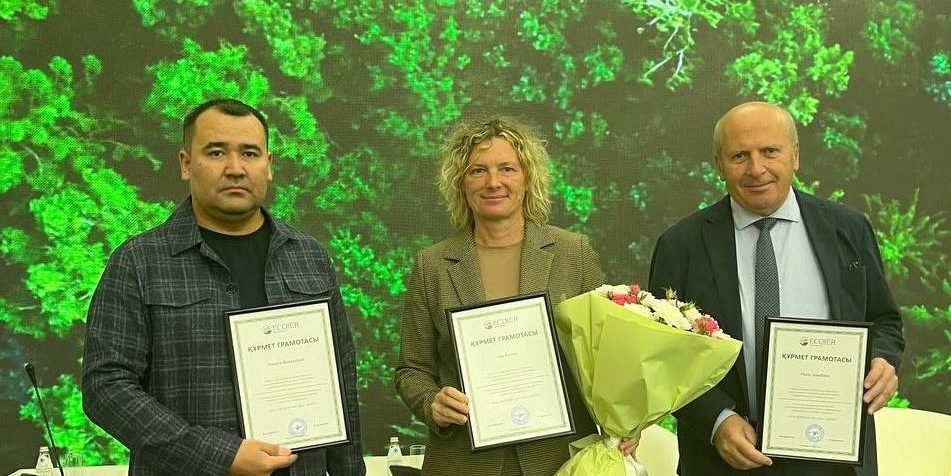Dushanbe, Tajikistan – Tajikistan is witnessing a rapid increase in the number of electric vehicles (EVs), which is already having a noticeable impact on the country’s economy and energy sector. While there were only a few dozen EVs on the roads in 2021, by mid-2025 their number had exceeded 34,000 units – more than 5% of the country’s entire vehicle fleet. Accordingly, there is a need not only to maintain this positive dynamic, but also to create an effective regulatory framework for regulating and promoting the electric mobility sector.
The European Union-funded SECCA project has supported the Ministry of Energy and Water Resources of the Republic of Tajikistan in developing a set of proposals aimed at optimising and regulating the e-mobility sector.
In April 2025, the Government of the Republic of Tajikistan adopted a resolution introducing duty-free import for new (less than one year old) EVs, while not providing benefits for used EVs.
This initiative has significant economic and environmental impact. Maintaining preferential import conditions helps reduce the cost of EVs and makes them more affordable for the population. In turn, this contributes to reducing carbon dioxide and other pollutant emissions, improving urban air quality. Moreover, the growing number of EVs helps reduce Tajikistan’s dependence on oil imports and strengthens the country’s energy security, as its main energy source is hydropower, a renewable energy source.
The increase in EVs also stimulates the development of charging infrastructure, opening up new opportunities for business and investment, creating jobs, and fostering technological innovation in the country’s transport sector.
At the same time, experts emphasise the urgent need to develop a system for recycling old EV batteries, which requires additional investments, new technologies, and personnel training. If the system is not properly organised, it could create additional environmental problems. A comprehensive approach to implementing initiatives to promote e-mobility will ensure sustainable and efficient development of the EV market in Tajikistan.
